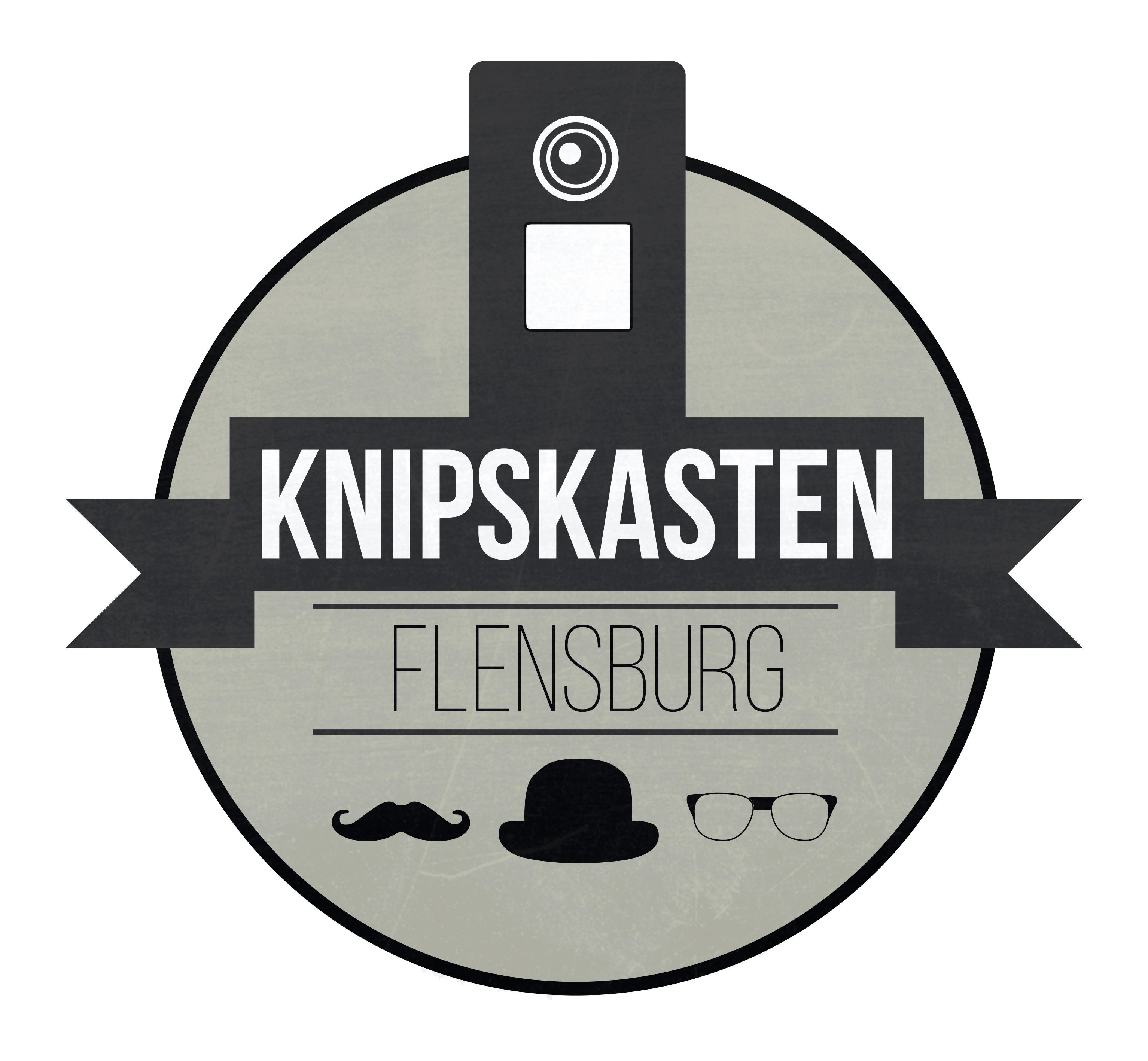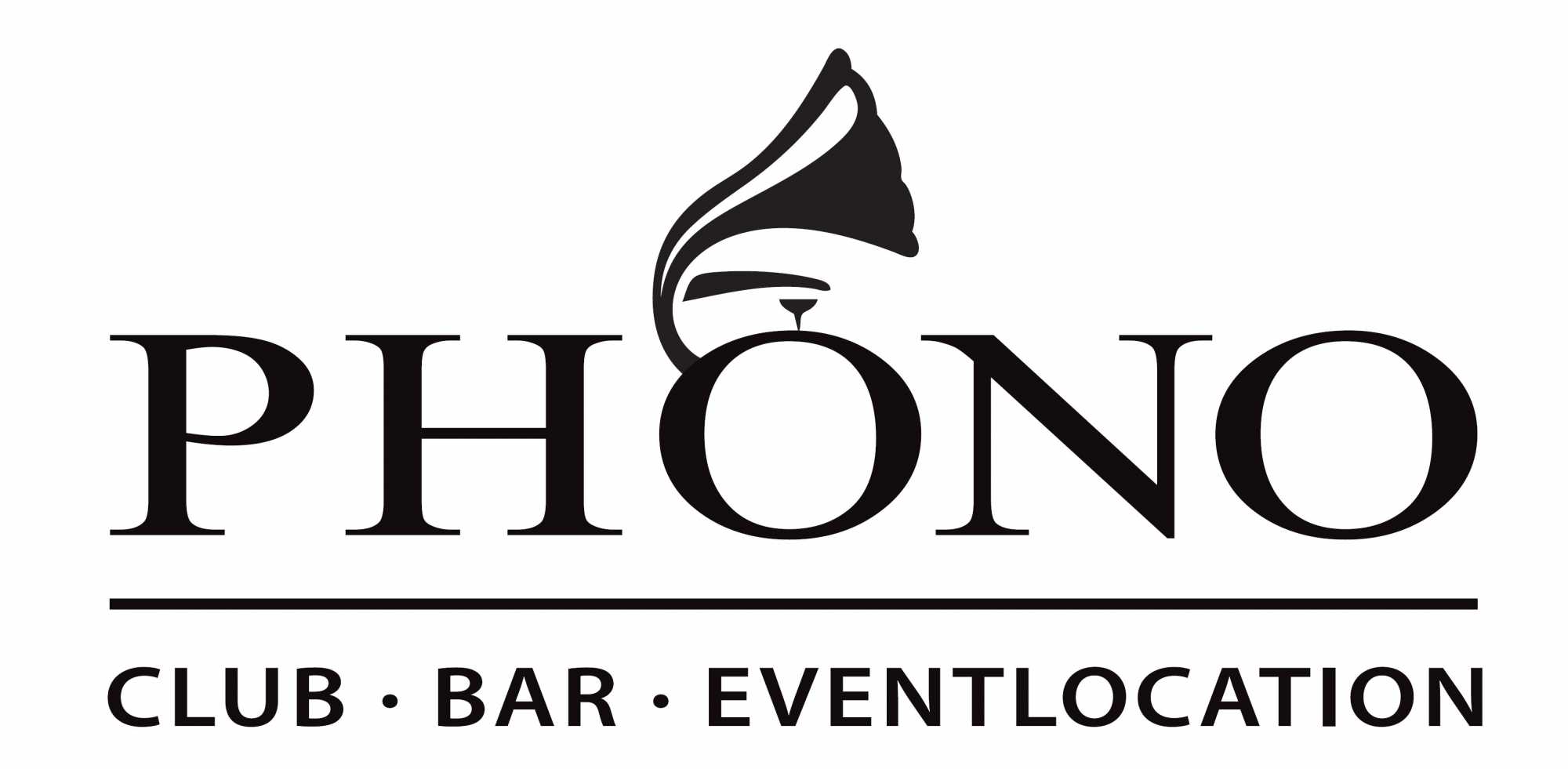Old costumes, old dances, old festivities – that's what many people think of first when they hear about national minorities. And it's not entirely wrong: many of the four hundred minority communities in Europe not only cultivate their language, but also their traditions. But this is only one part of the truth, because they also share the preferences and culture of the majority in their country. And thus, of course, the love of football. The beautiful game connects majorities with minorities and minorities with each other. If FUEN hadn't invented EUROPEADA back in 2008, it would have to do so now at the latest. FUEN is the largest umbrella organisation of autochthonous national minorities and represents more than 100 member organisations in 36 European countries.
"Each of them sees that they are not alone in their minority experience"
"It started with the idea of some member organisations that we should go beyond talking about the rights of minorities at various conferences, and that we should find opportunities to have new experiences," says Loránt Vincze, the president of FUEN. In the meantime, EUROPEADA itself has become a tradition that reinvents itself every four years.
It brings together not only the officials of minority organisations, but currently around 1000 people from 24 different minorities. Each of them realises that they are not alone in their minority experience. After all, one in seven citizens in Europe belongs to an ethnic or linguistic minority.
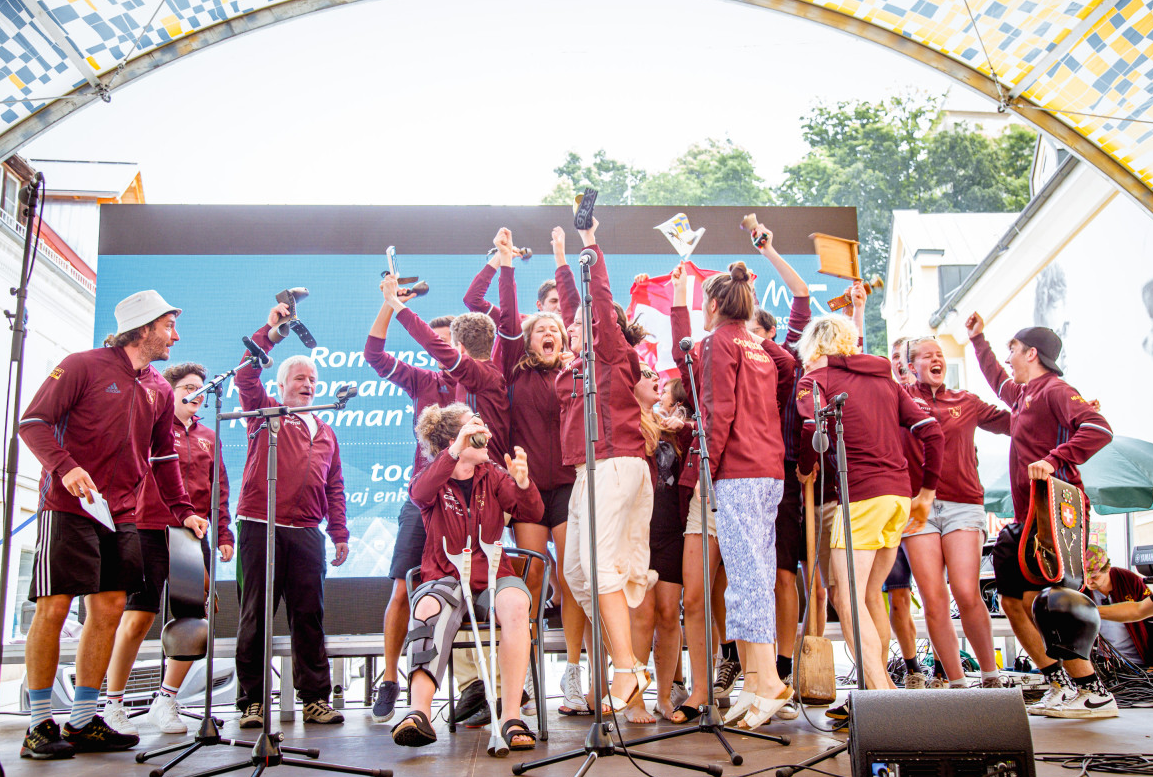
"This raises awareness of other minorities," says Tore Wächter, coach of the Danish minority selection in Germany. "I used to think that we were special because of our participation in politics. But that also applies to other minorities, some of which are even bigger."
Internal and external impact
The respective host regions also offer different new experiences for the guests with their special features. "We are now in the German-Danish-Frisian border region, which has a very interesting history and where there is now peaceful coexistence between the minorities and the majority of the two states," says Vincze. "This is a great example for everyone who comes here from the different teams."
In addition to the internal impact, EUROPEADA also has a strong external impact. The individual minorities can showcase their culture and language. And all together, they have the opportunity to showcase their diversity and differences. This is why the Culture Day was organised, which is not only the proverbial mountain festival of EUROPEADA, but this time even takes place on a real mountain, the Knivsberg in North Schleswig. (For all those who come from the mountainous regions of Europe: don't be surprised that a 100 metre high elevation is called a mountain here in the north).
Campaign for minority rights and against hate speech
FUEN's main task is to stand up for national minorities in Europe. Throughout Europe, there are around 50 million Europeans who belong to national minorities. The language groups are in different situations. Some are not even recognised, others have a proper legislative framework and autonomy. "We don't want it to depend on where you were born whether you are in a good situation or not," says Vincze. FUEN is fighting for European standards in minority rights with the Minority SafePack, a package of legislative proposals designed to ensure the protection of national minorities.
EUROPEADA also offers FUEN the opportunity to find allies in the political arena as well as in the field of sport politics, for example during talks with Schleswig-Holstein's Minister President Daniel Günther during the opening day.
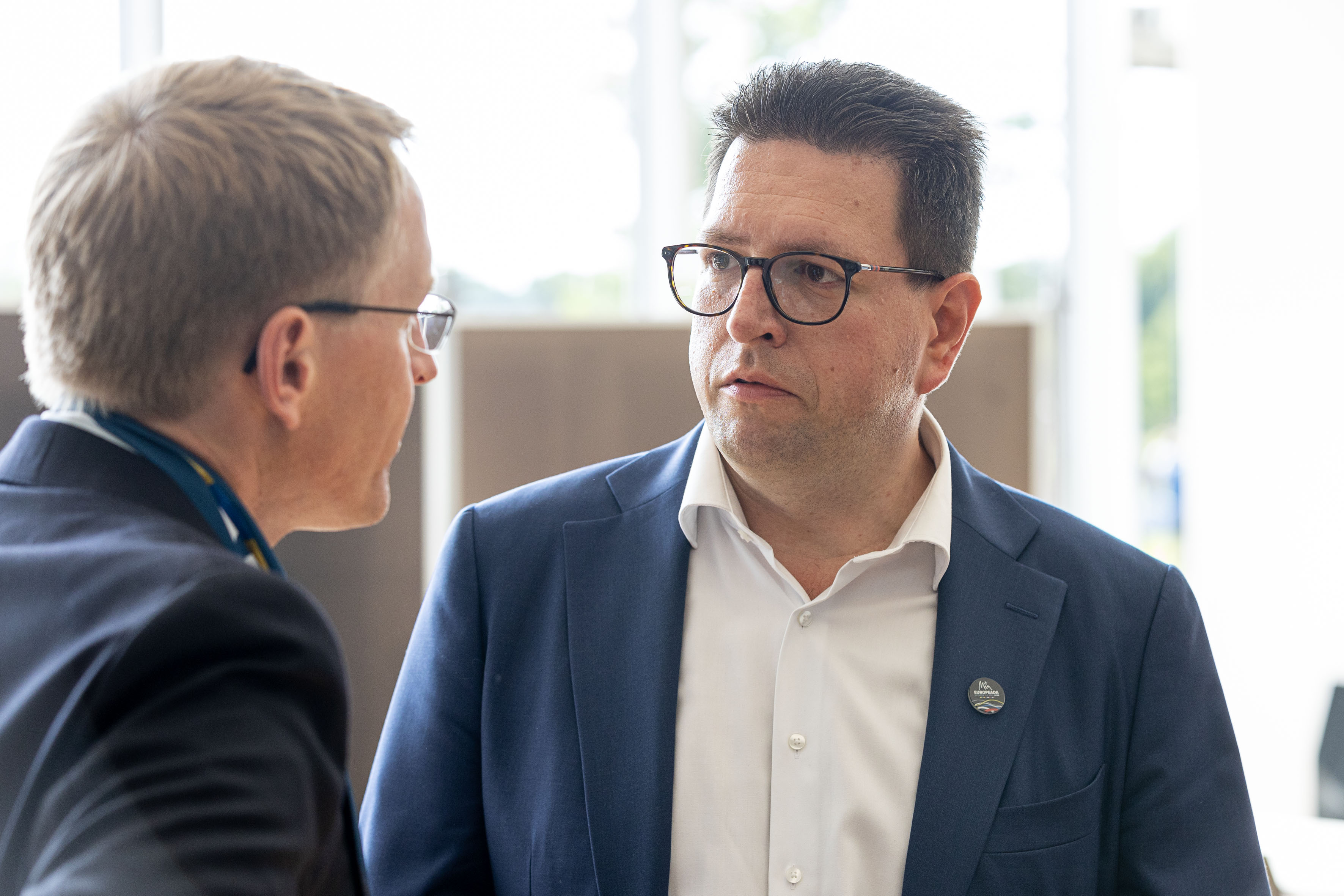
Another topic that is currently particularly close to FUEN's heart will also find a platform at EUROPEADA: the joint fight with UEFA and the DFB against hate speech.
"We want to show how bad it is for societies to target a tiny section of society and say you have to get out of here, you have nothing to do with us," says Vincze. "We have to stop that. Our campaign goes until the end of the year and I hope many will hear this message."
Wednesday, 3 July, 11 am - 3 pm: Cultural day with music, sport and information at Knivsberg
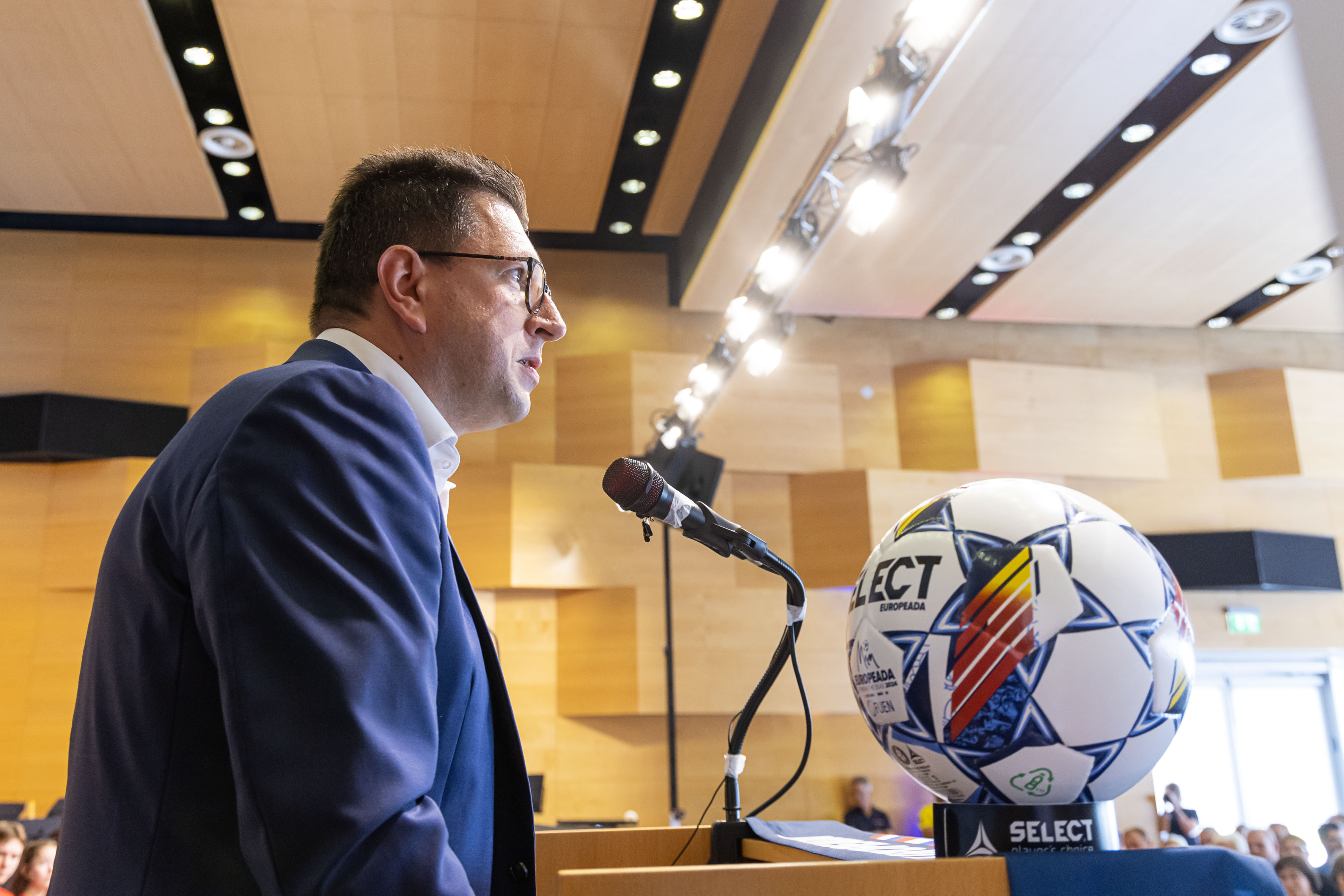
.png)
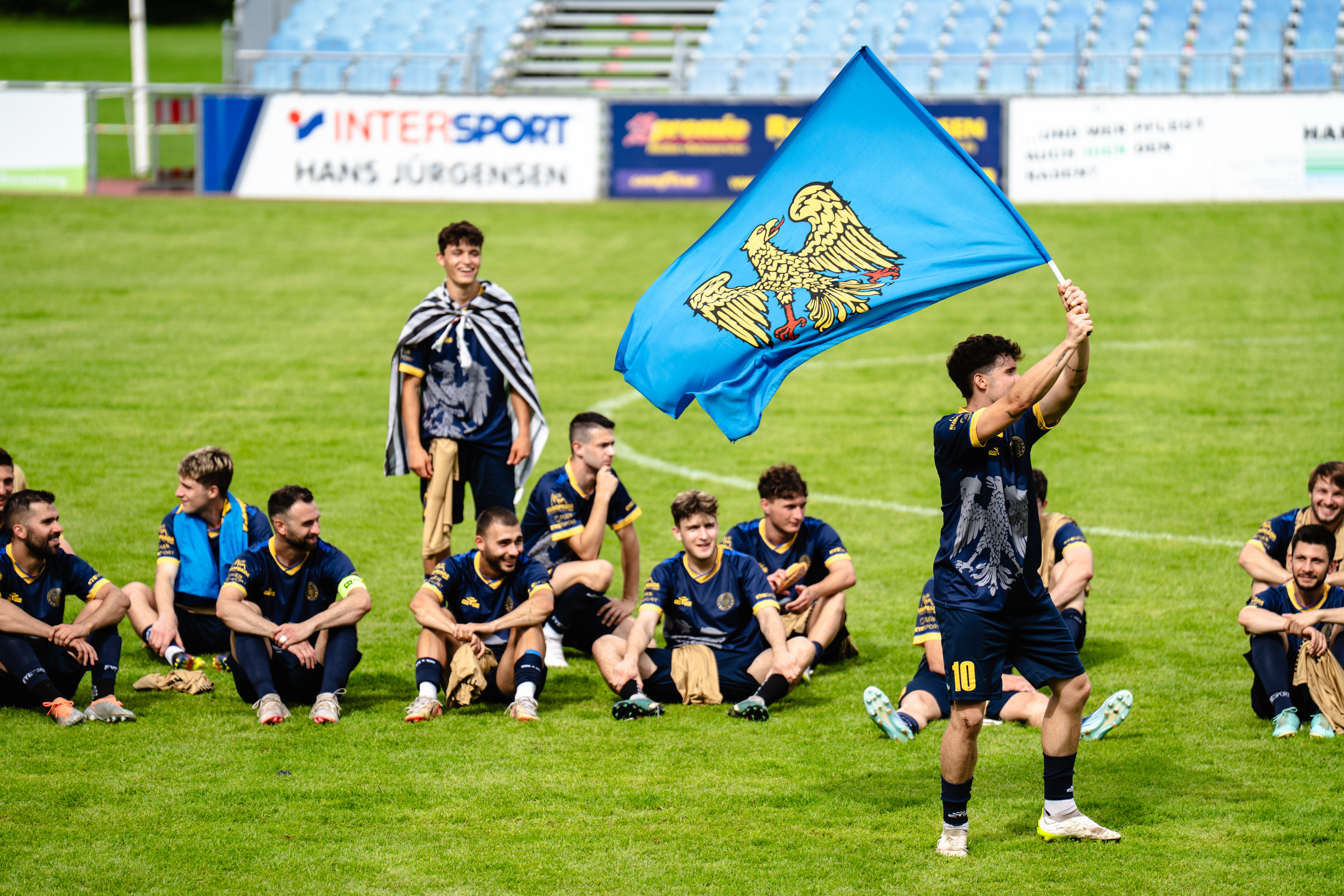
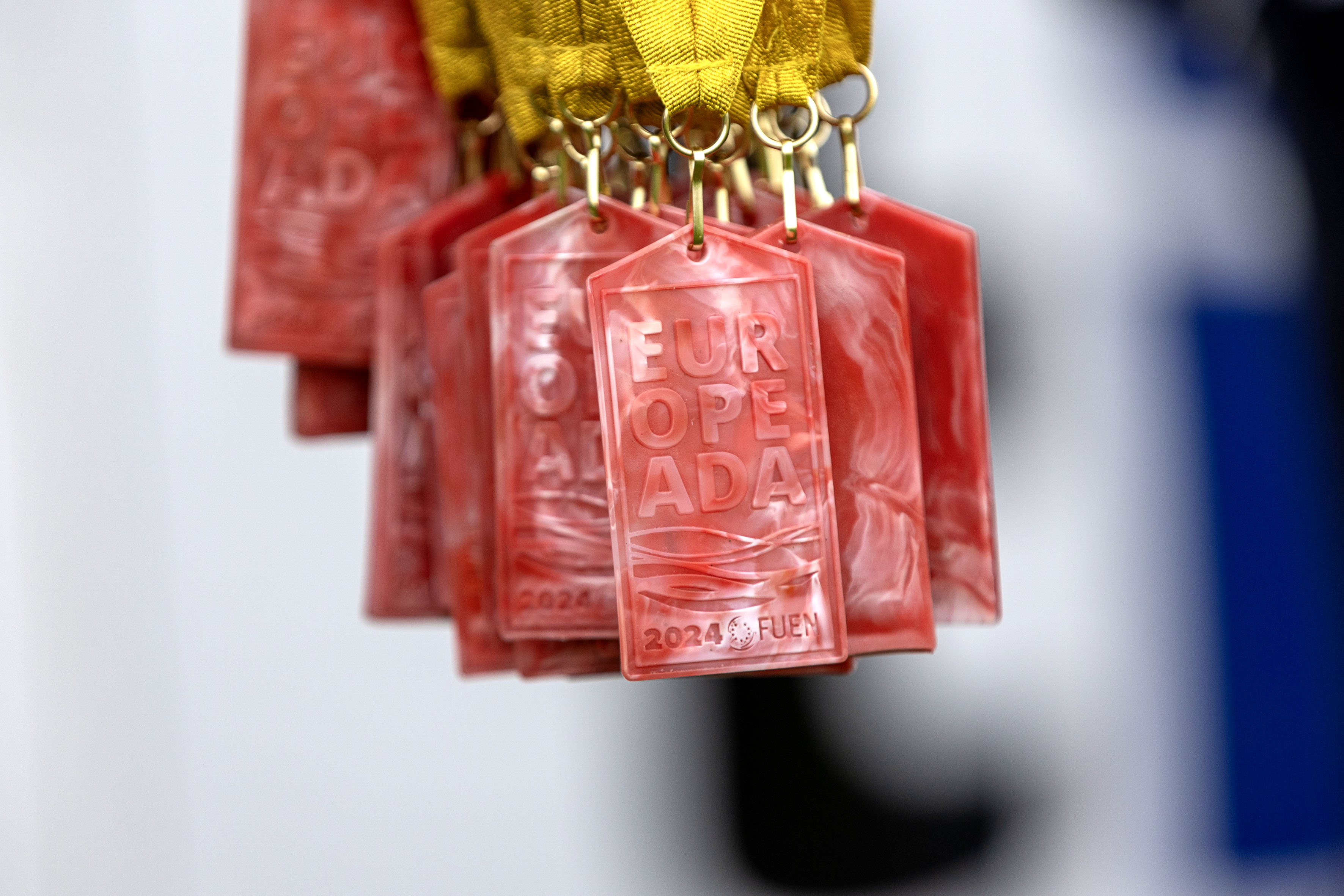
.jpg)

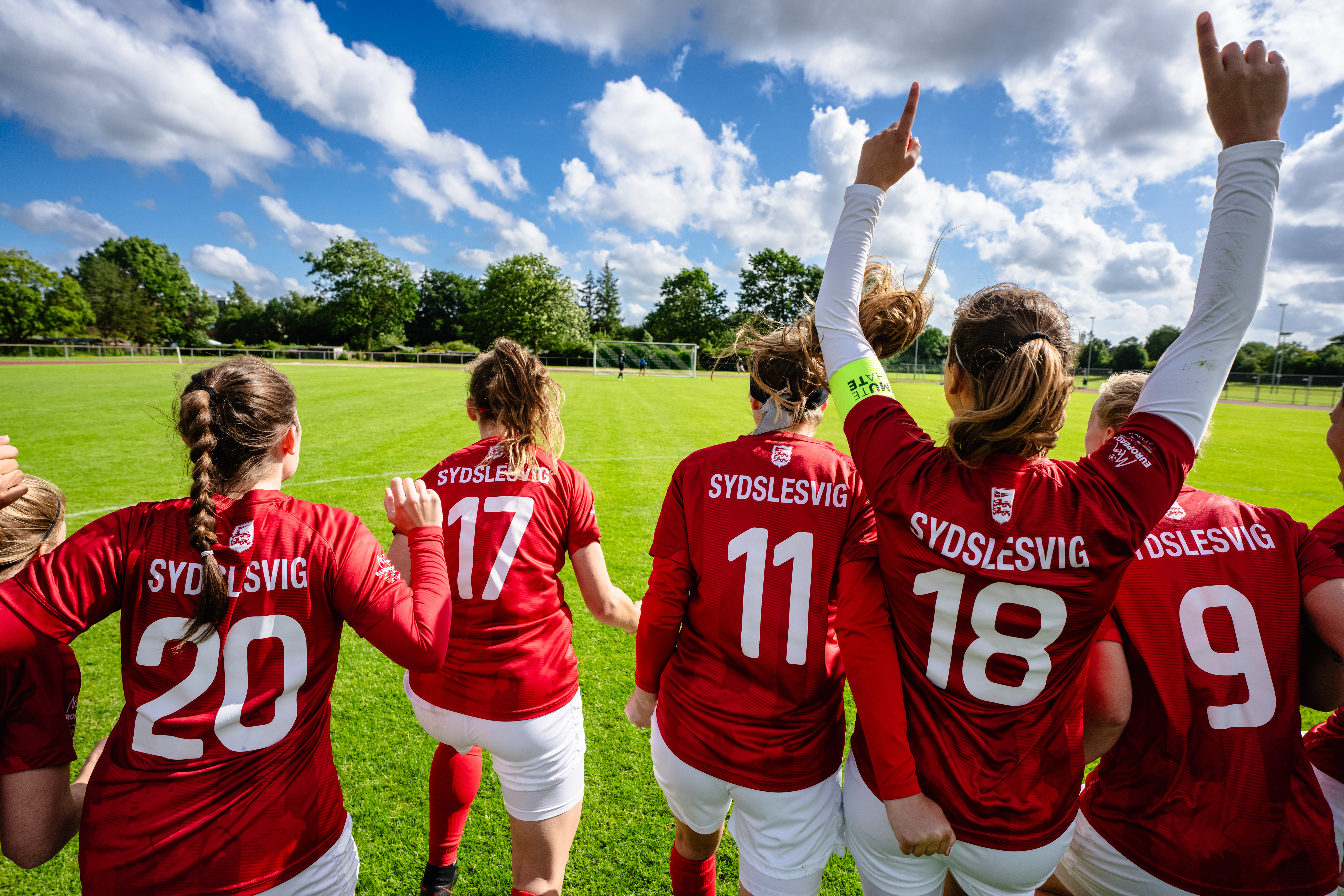

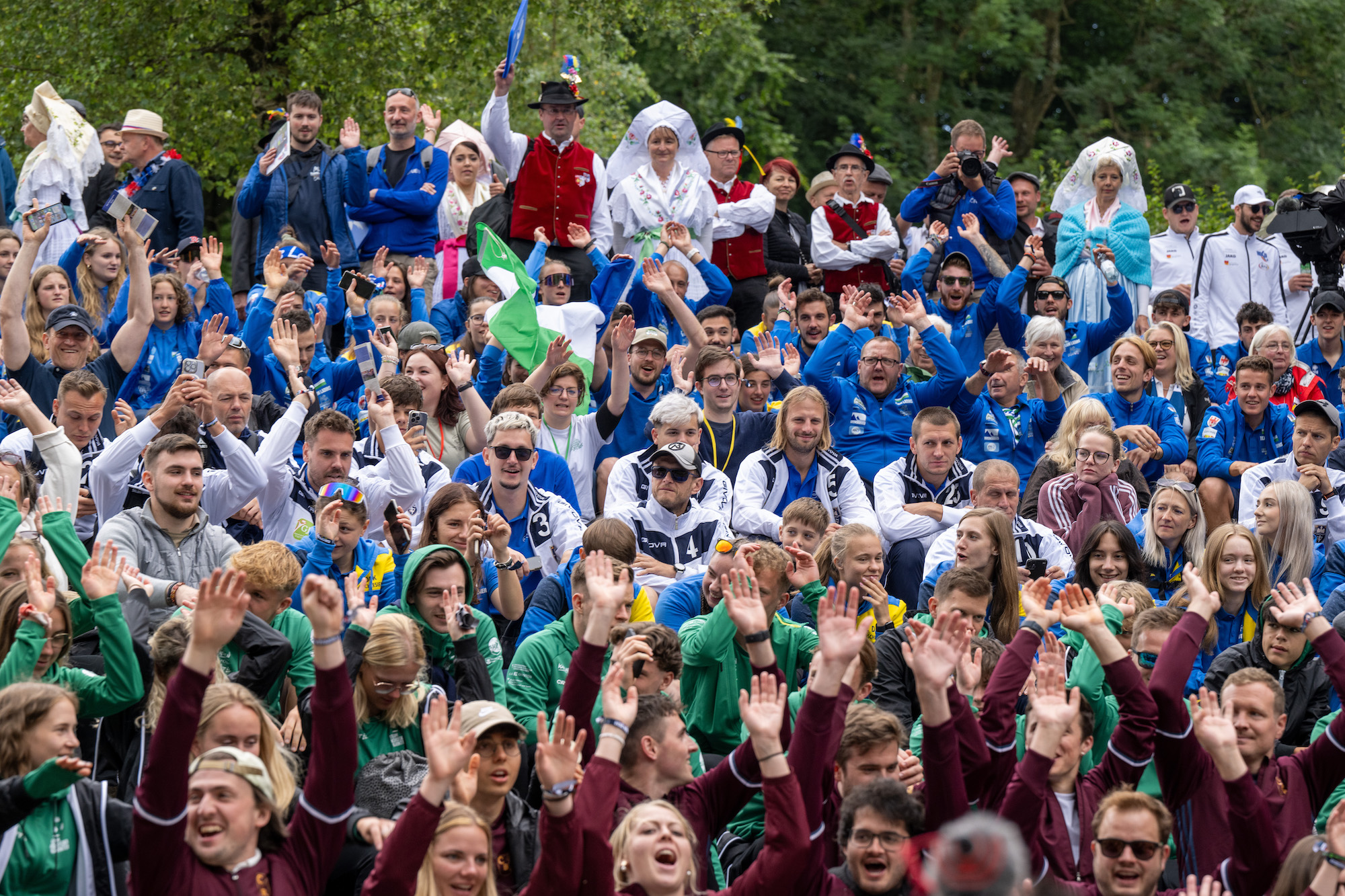
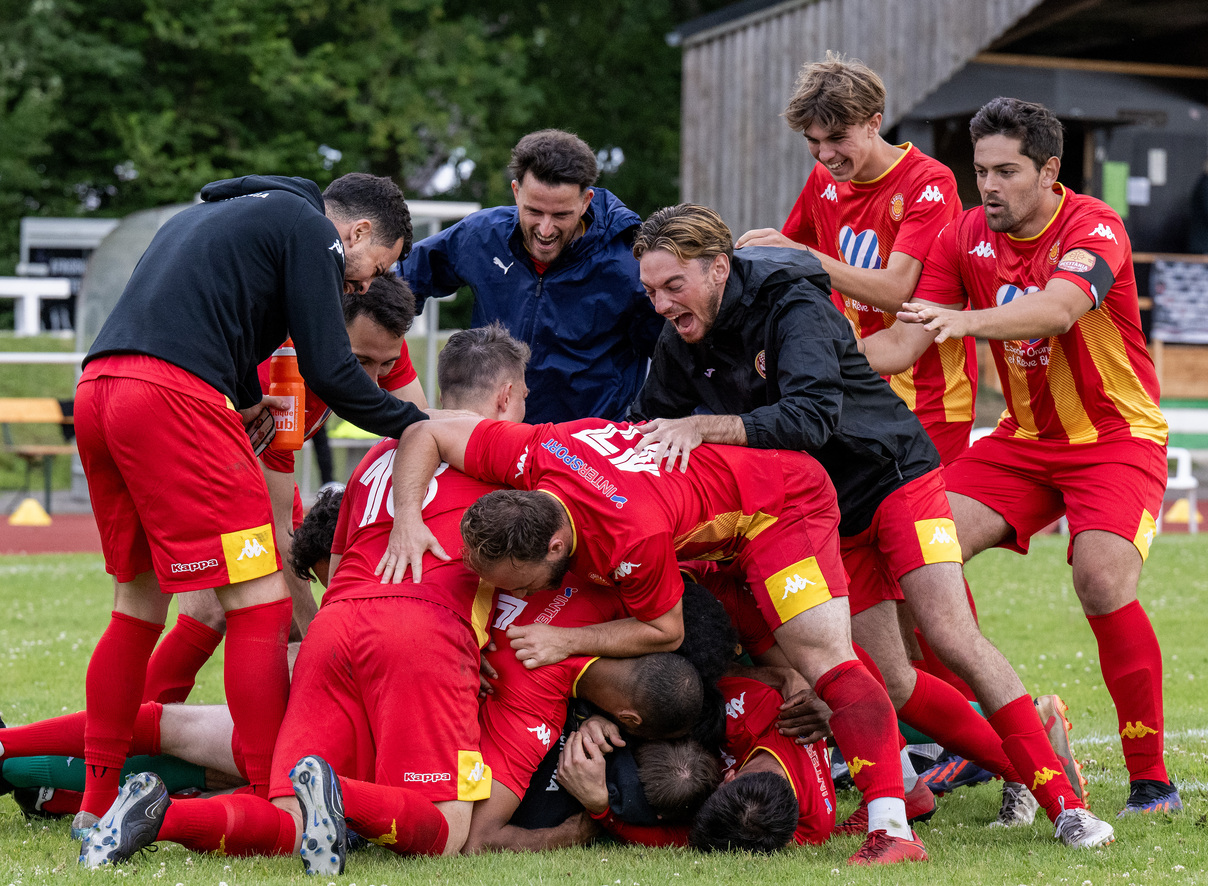
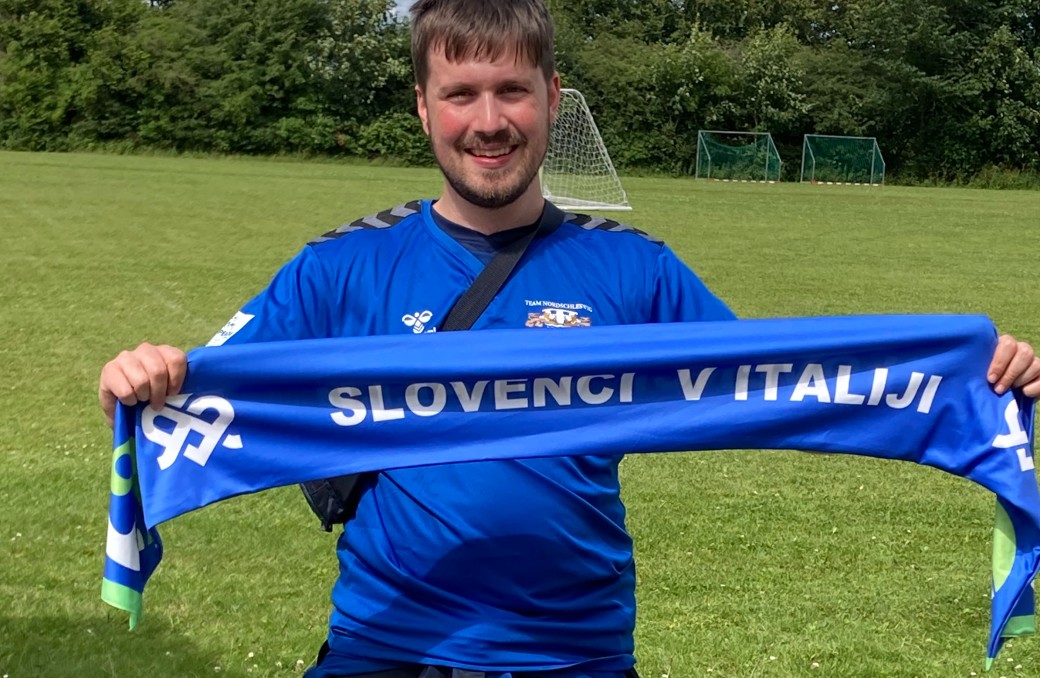
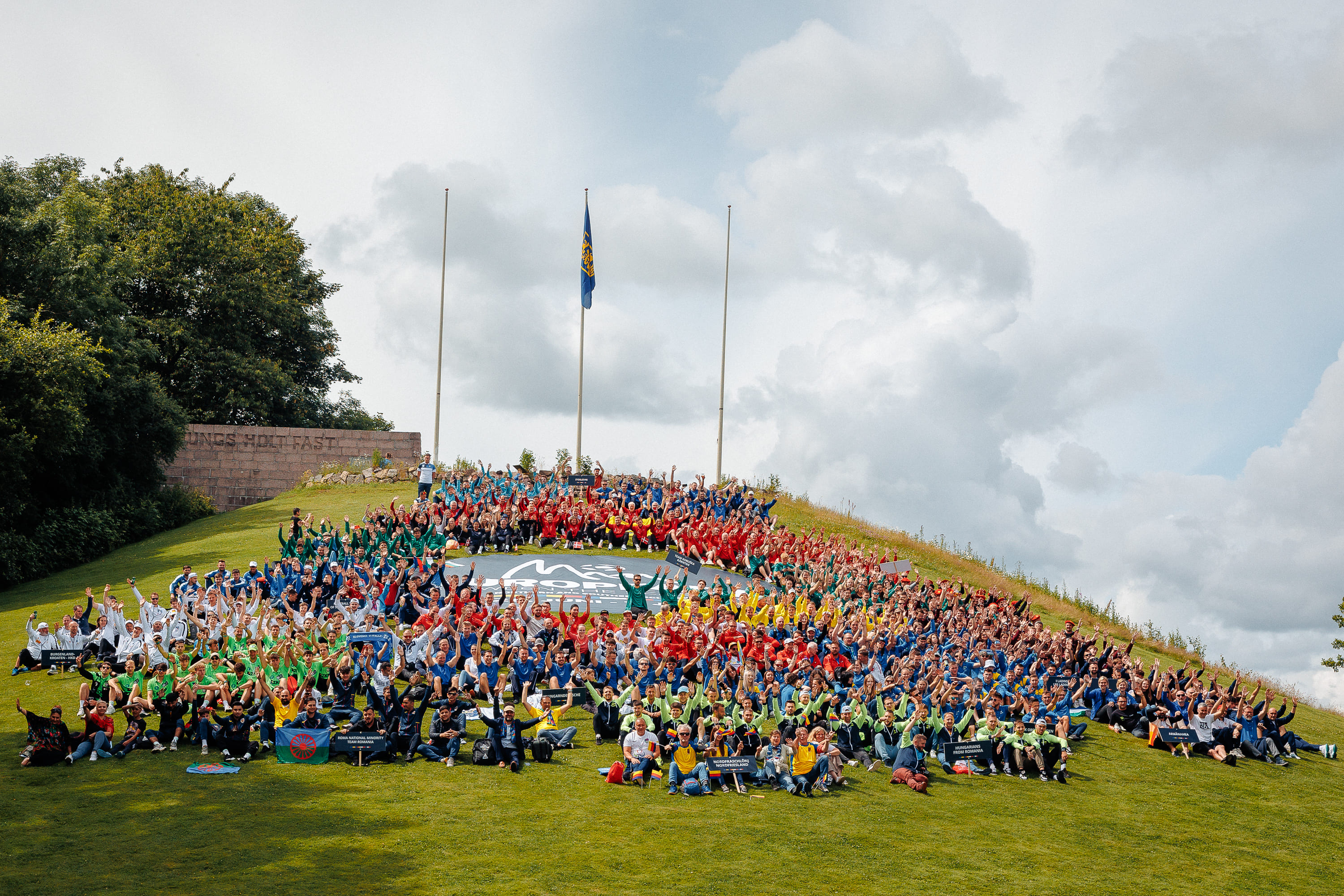
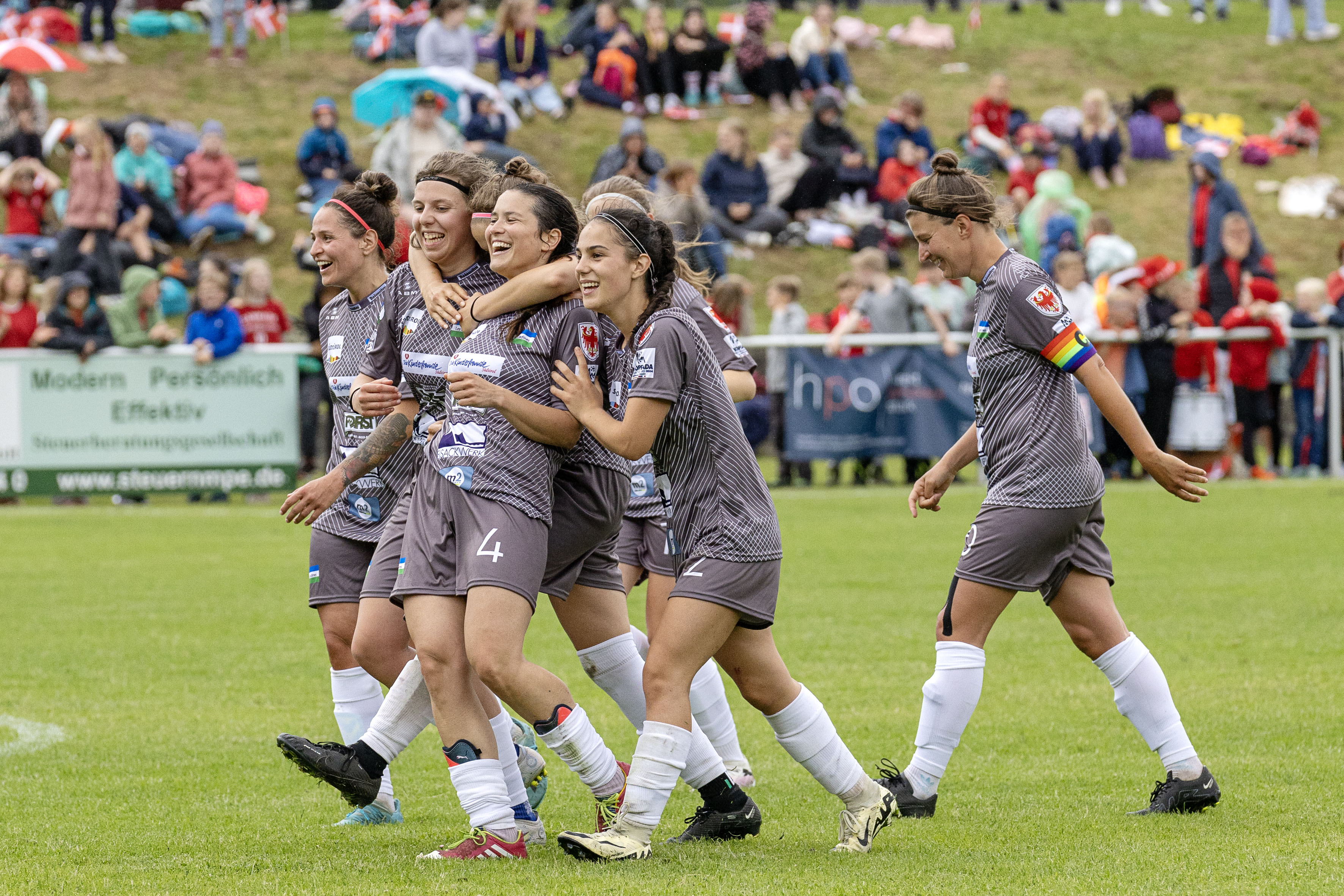
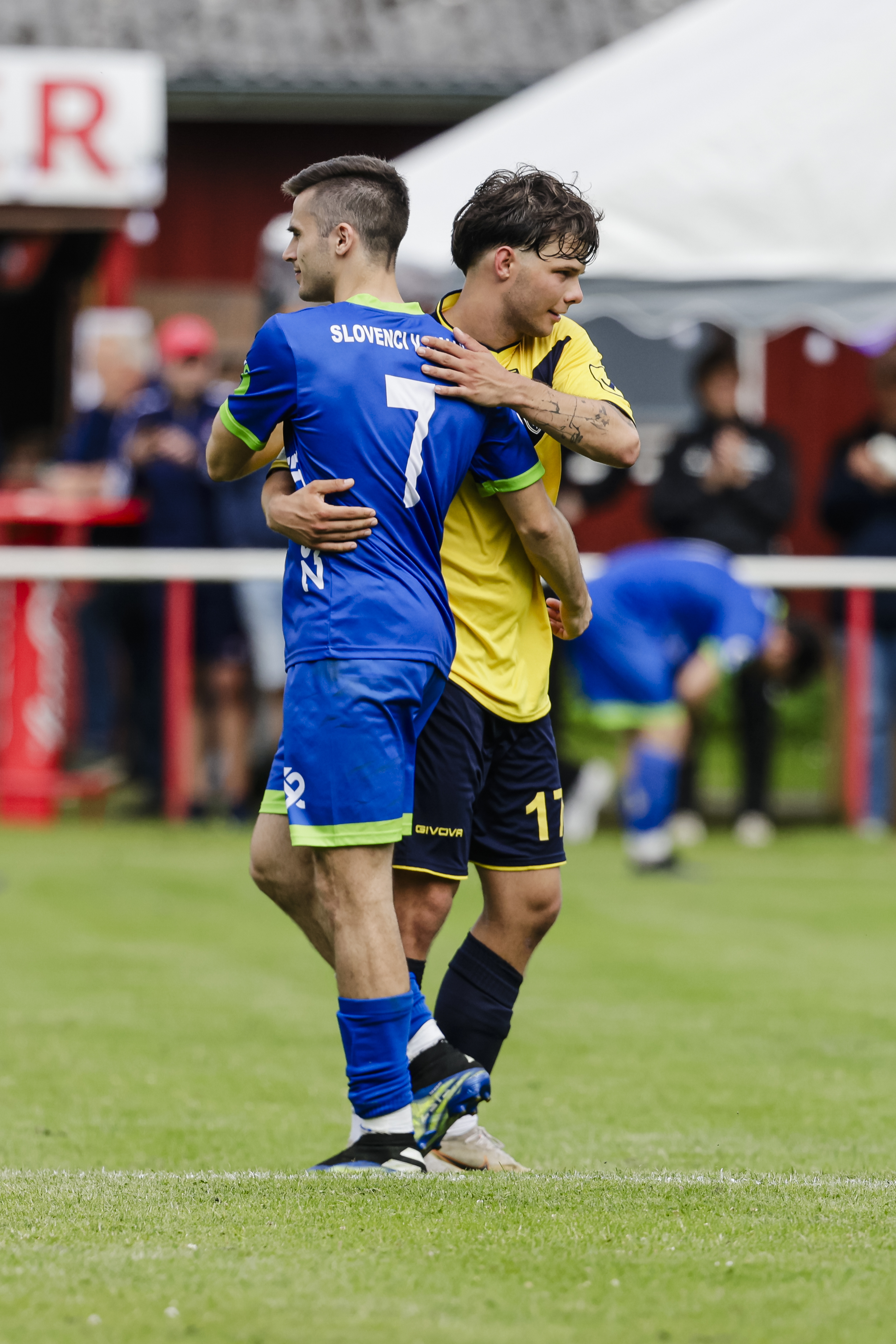
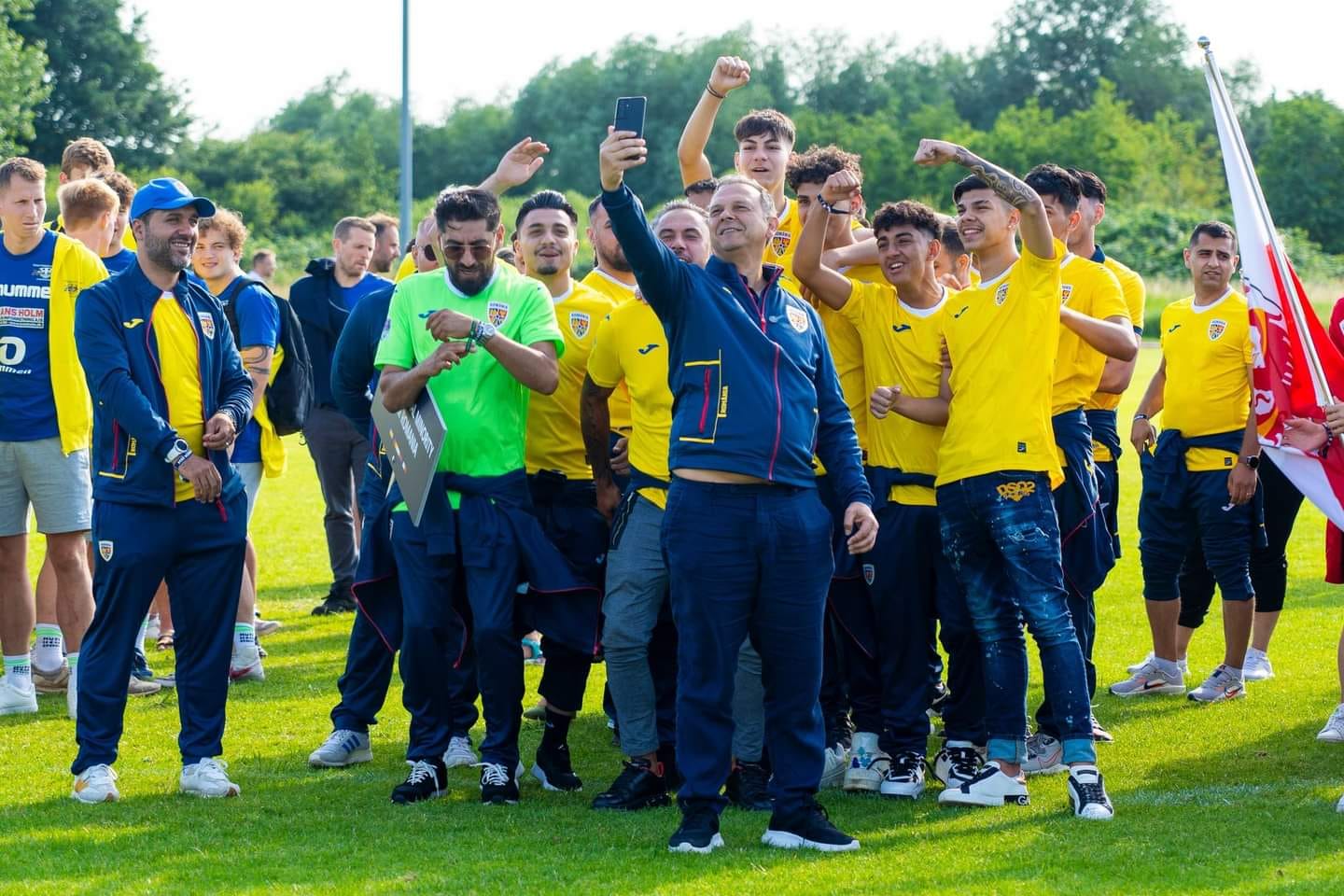
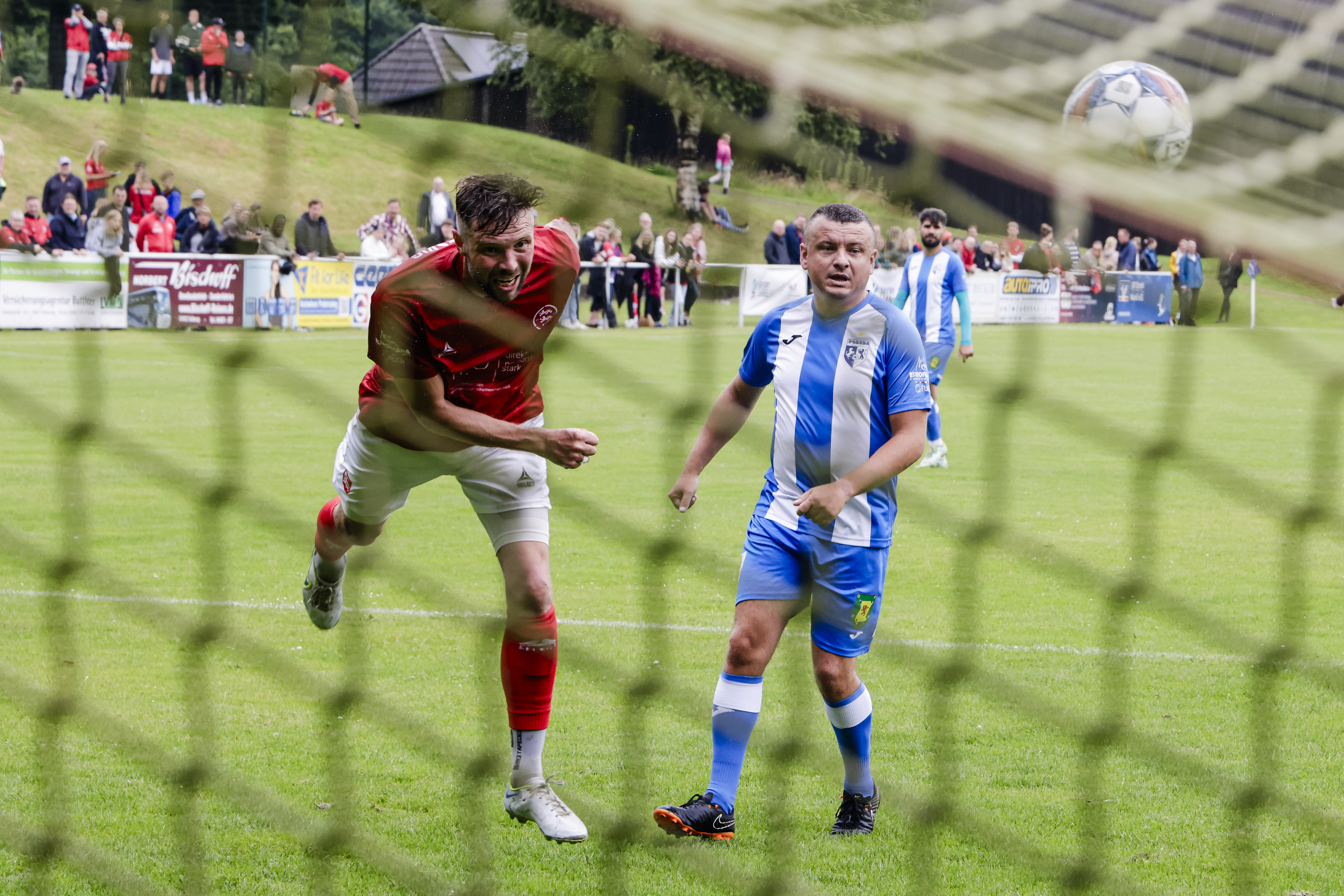
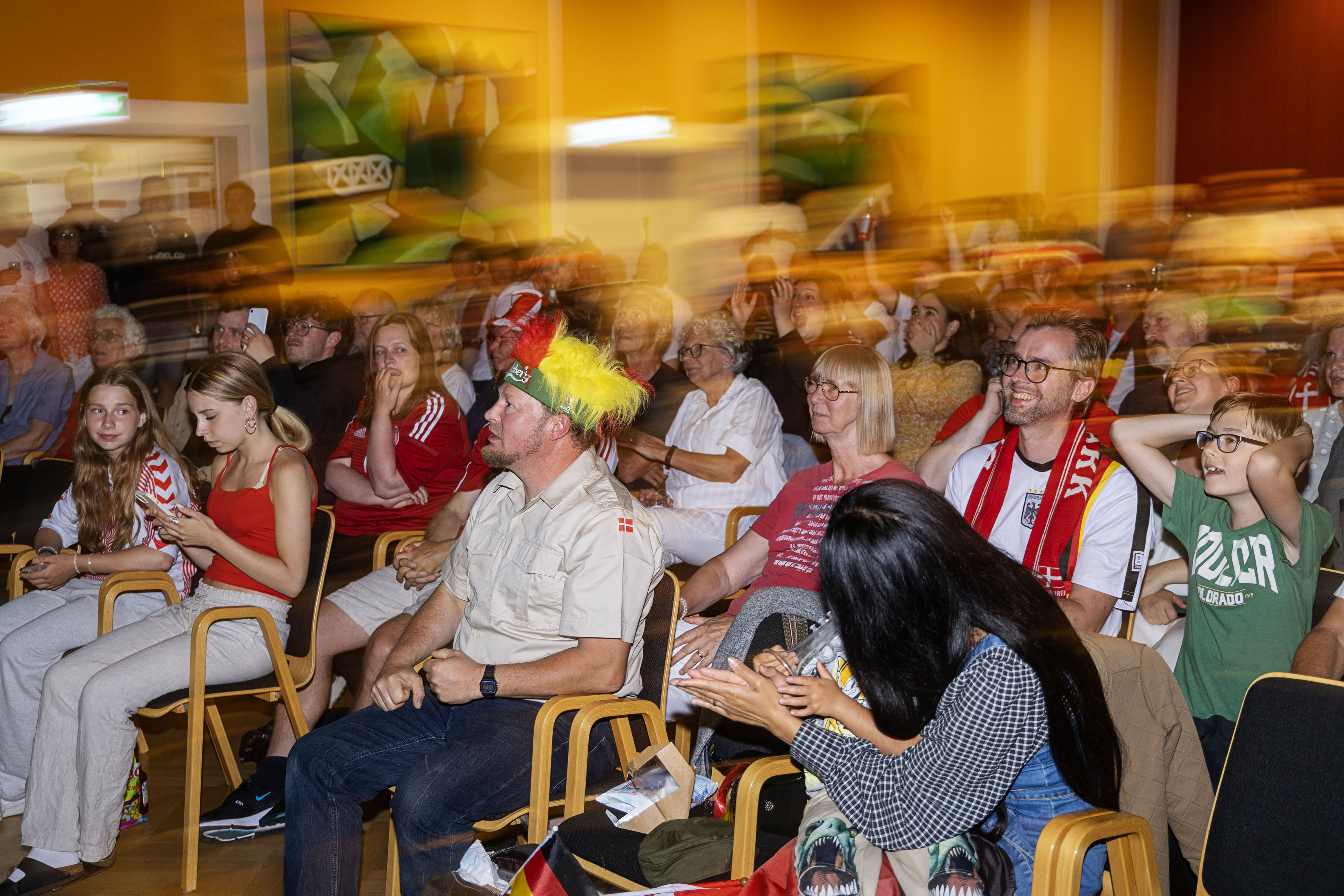
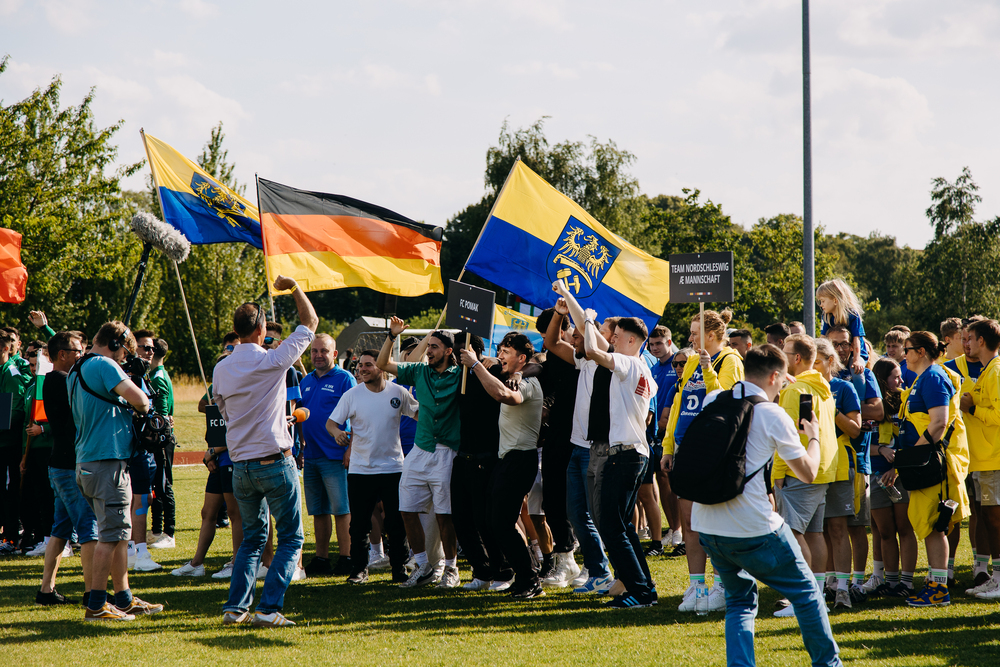
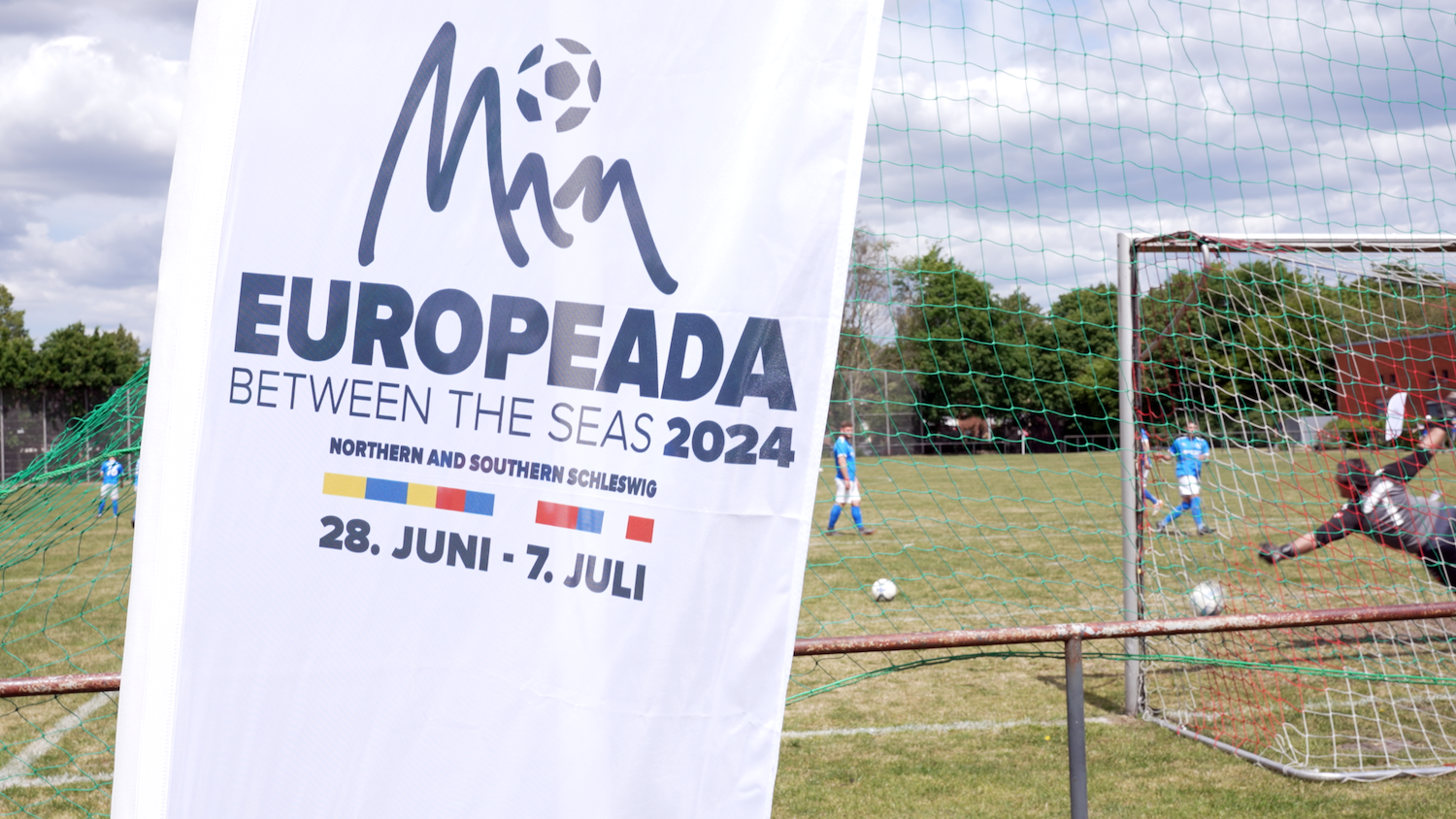
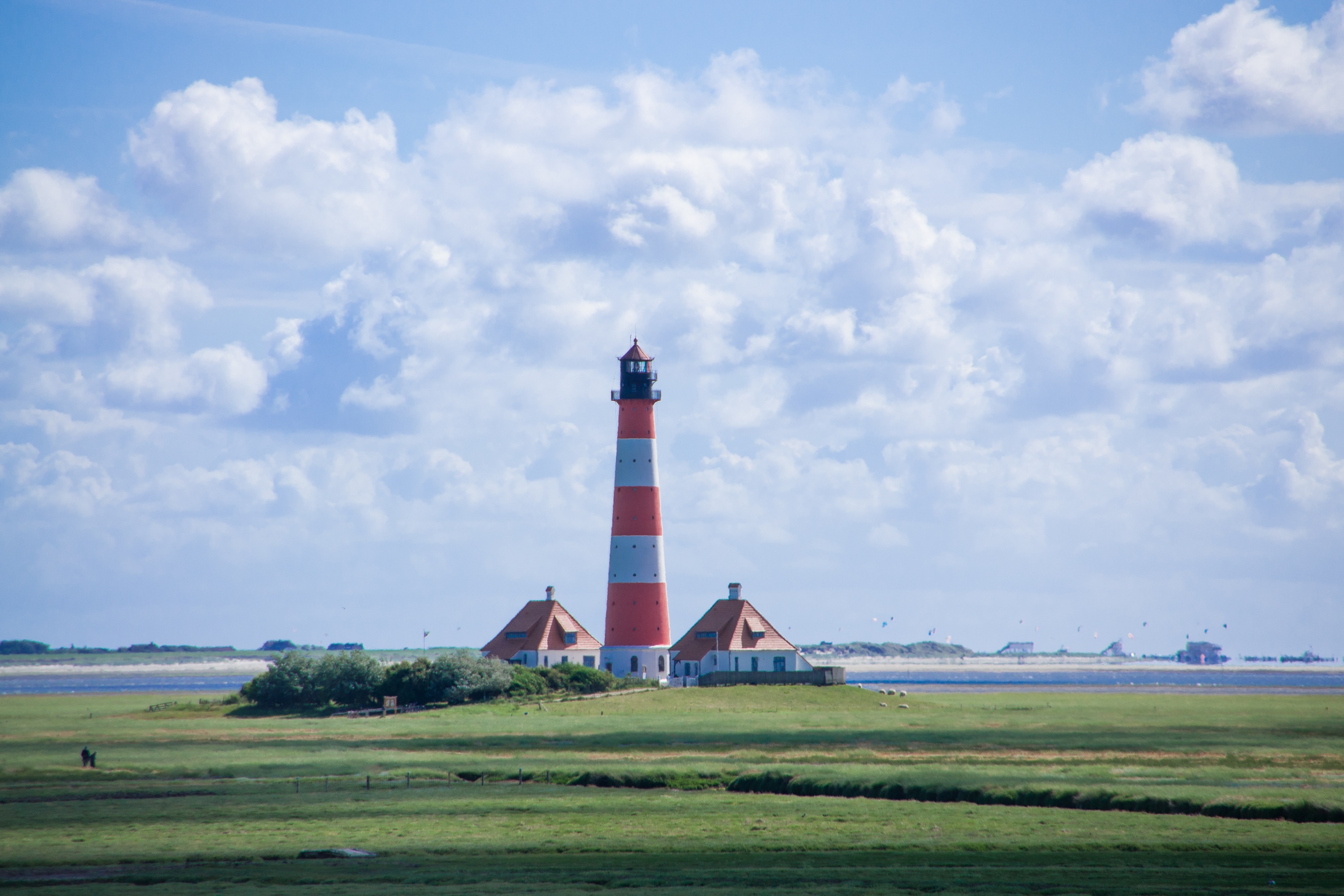
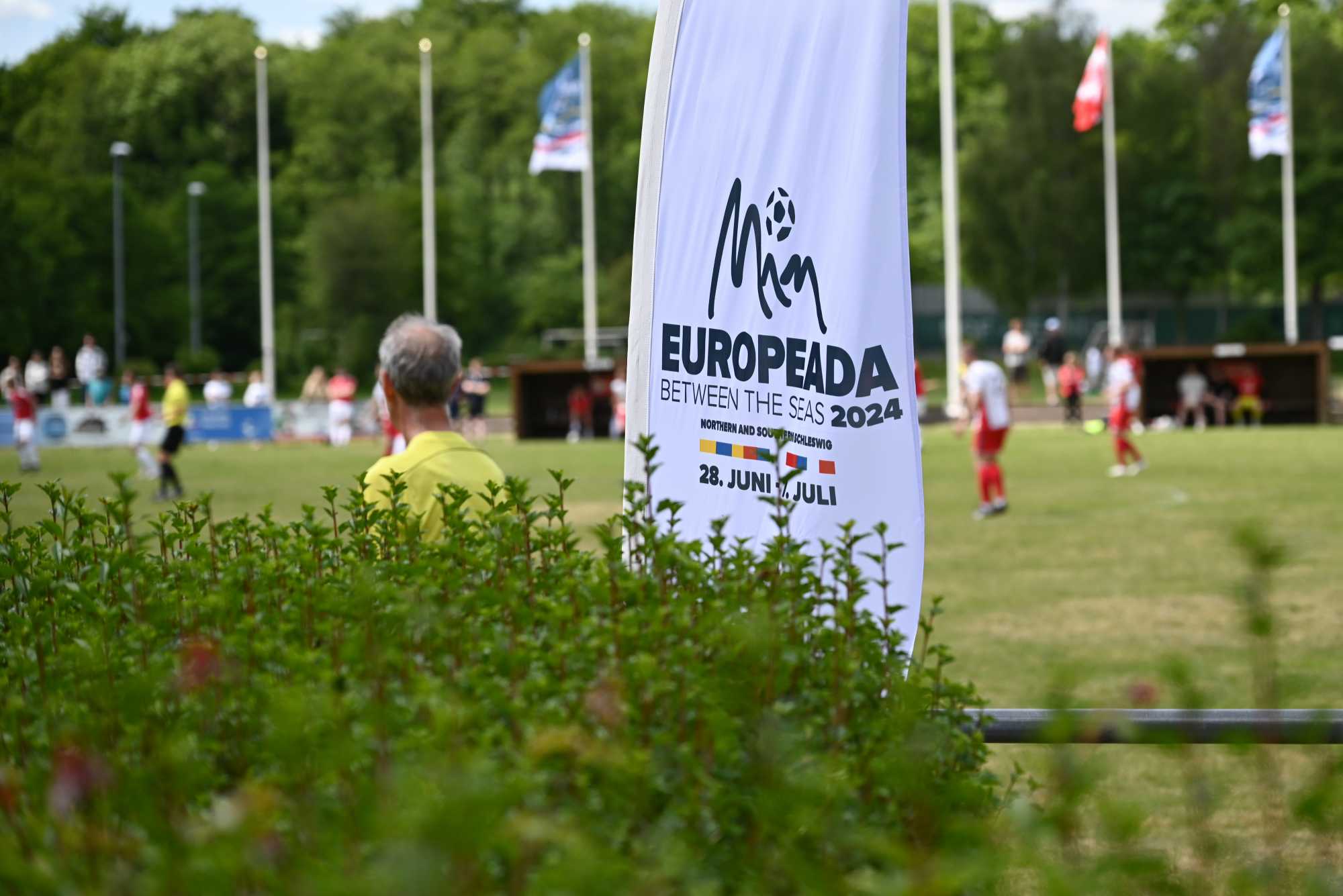
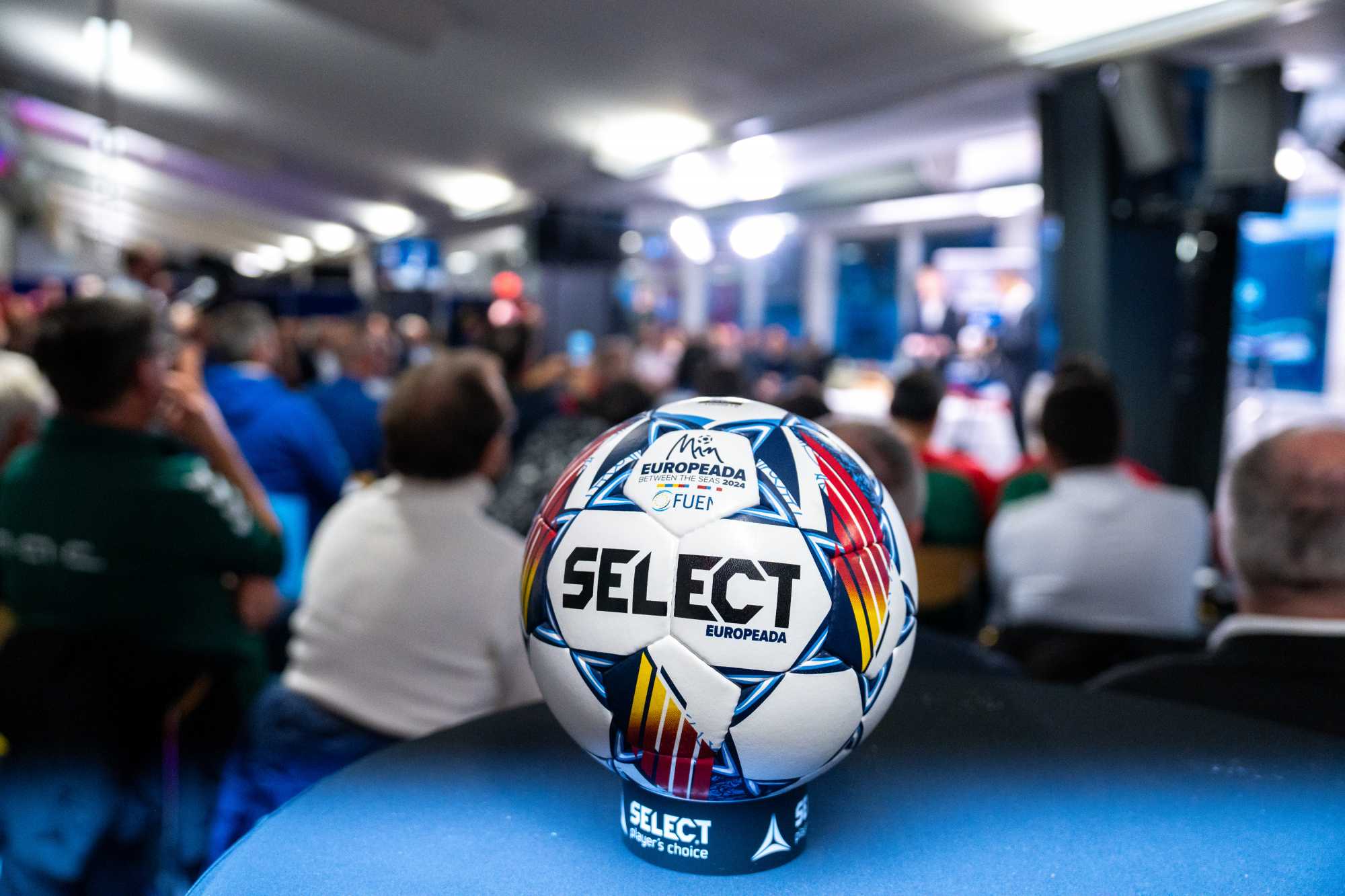
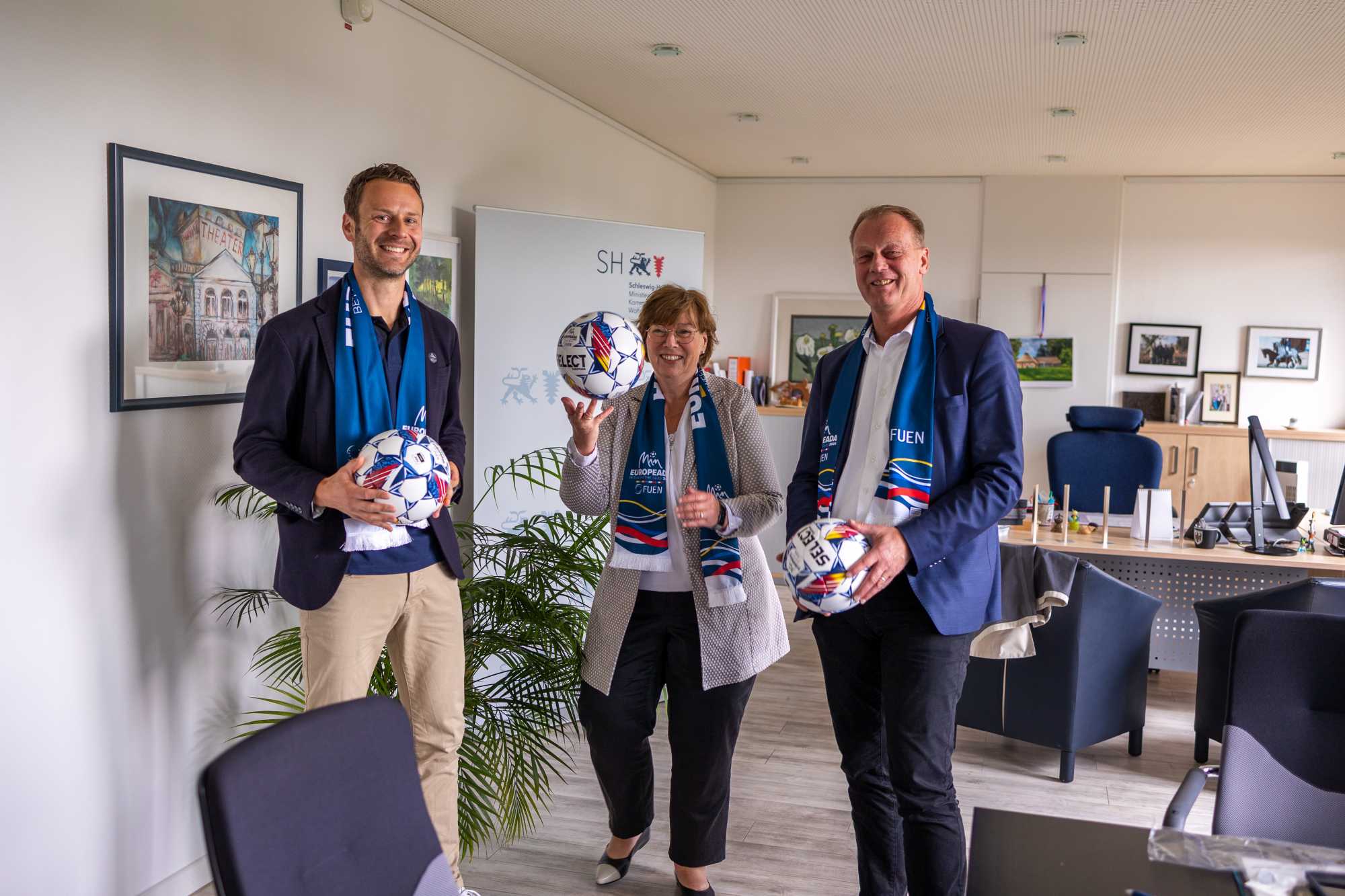
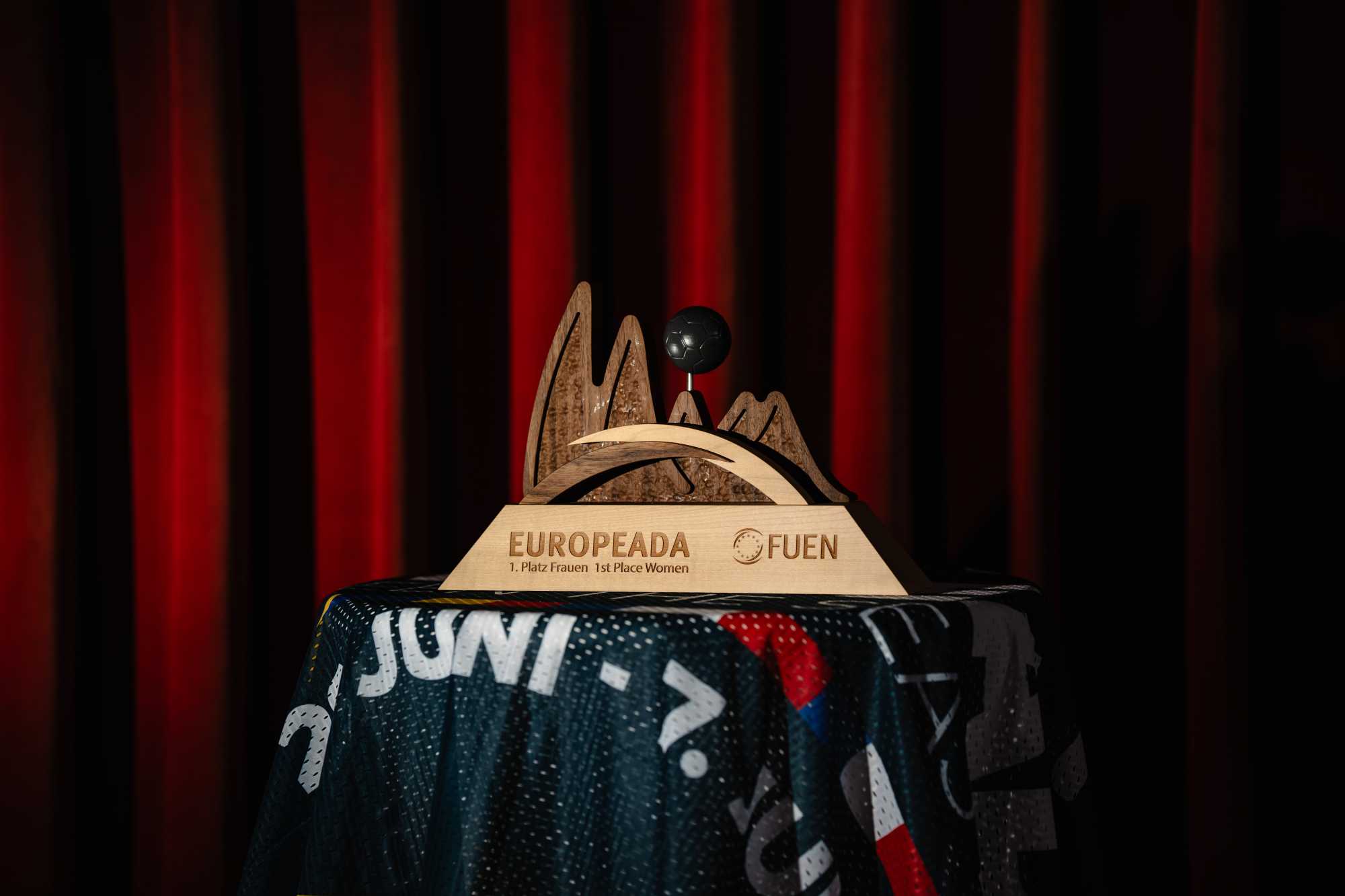

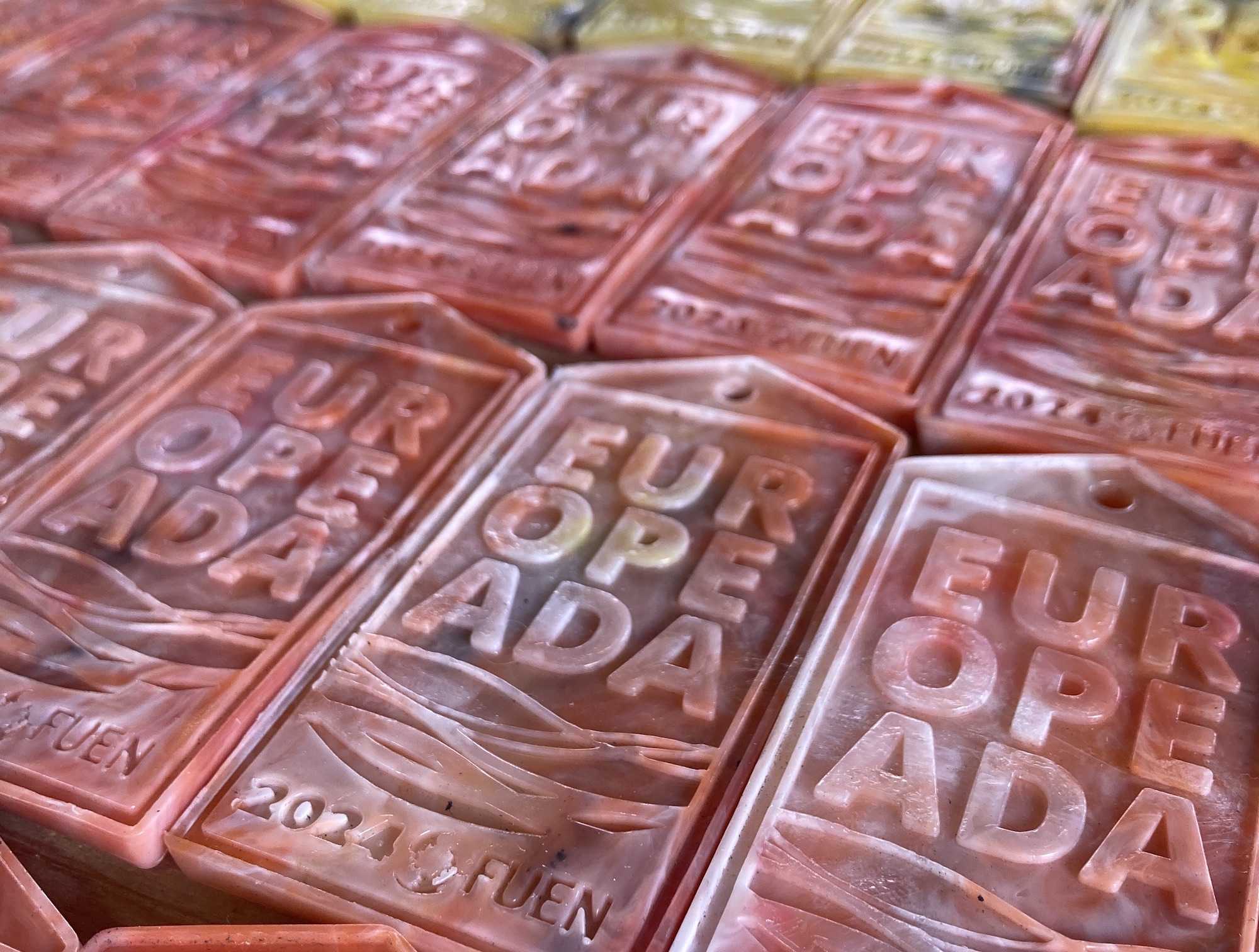
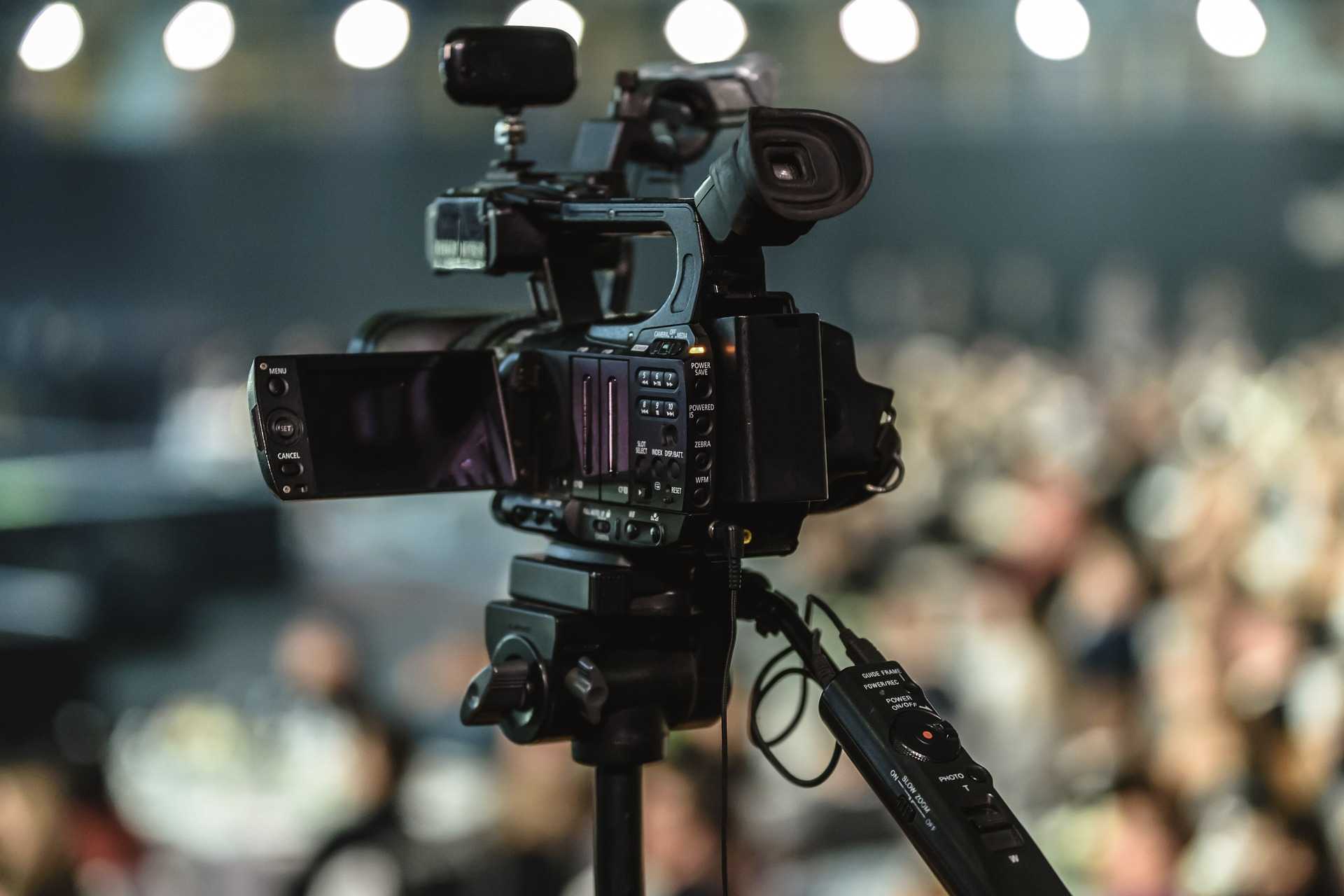
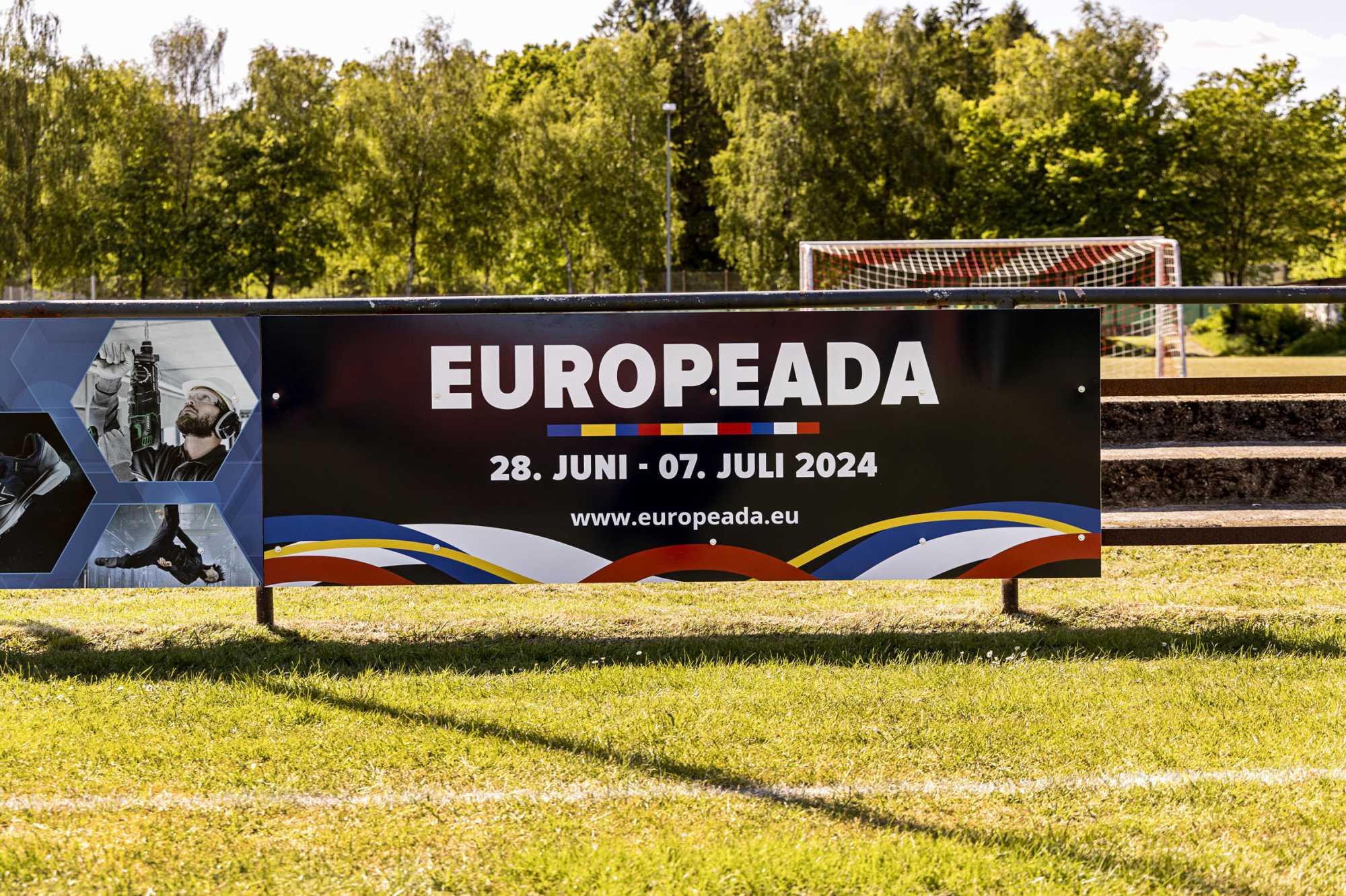
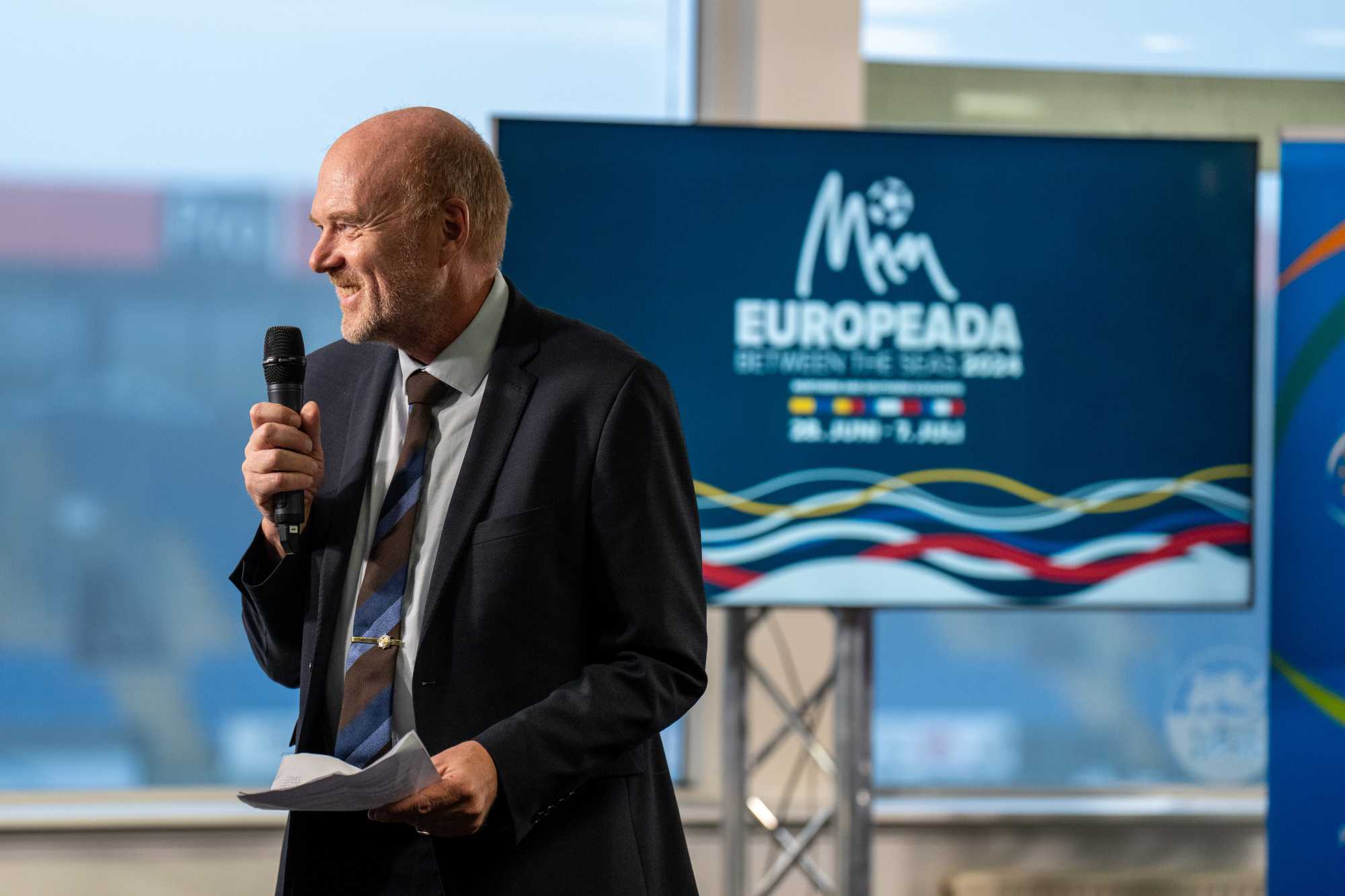
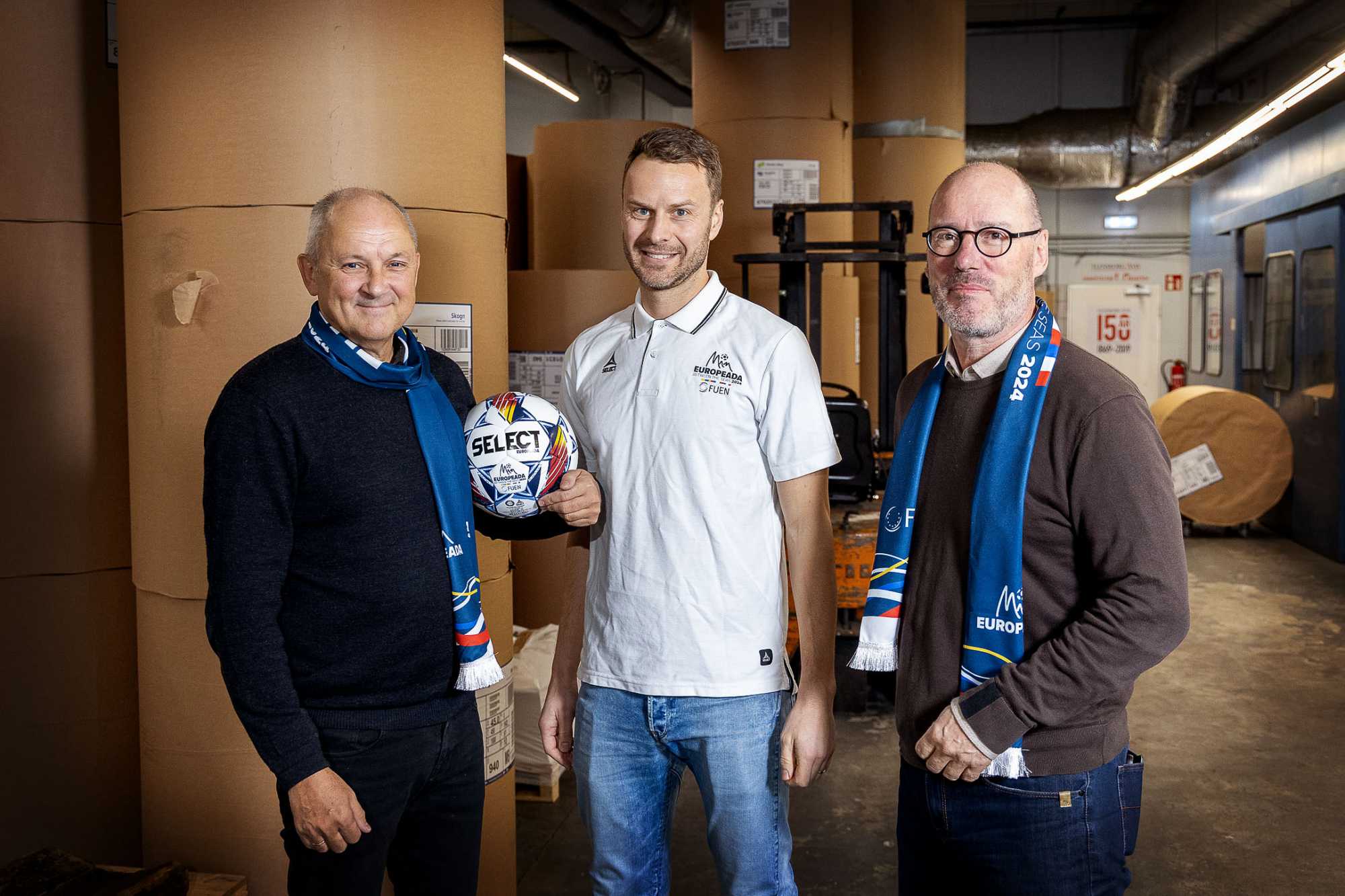
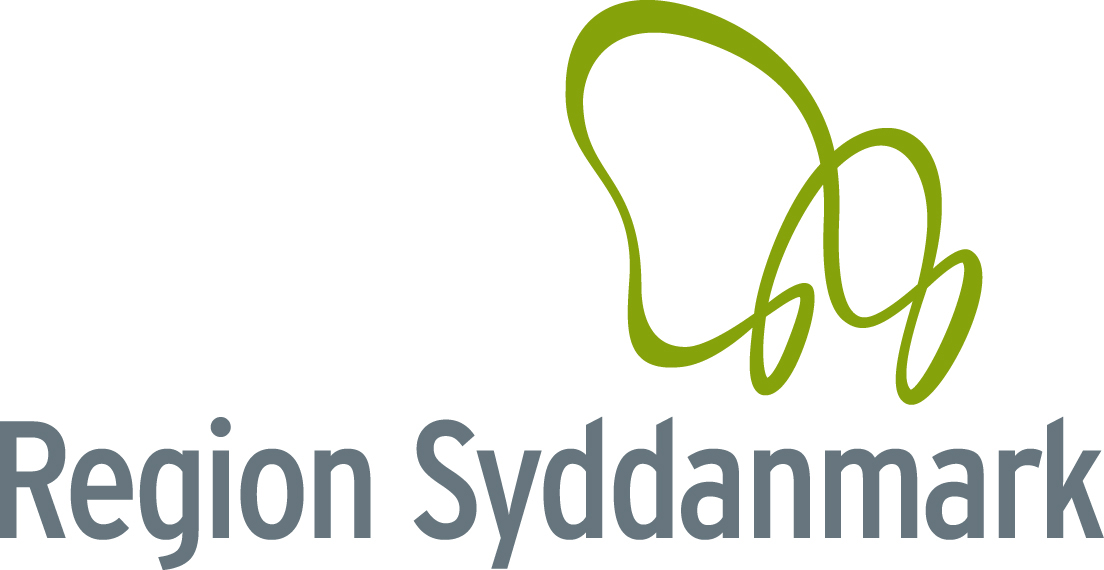
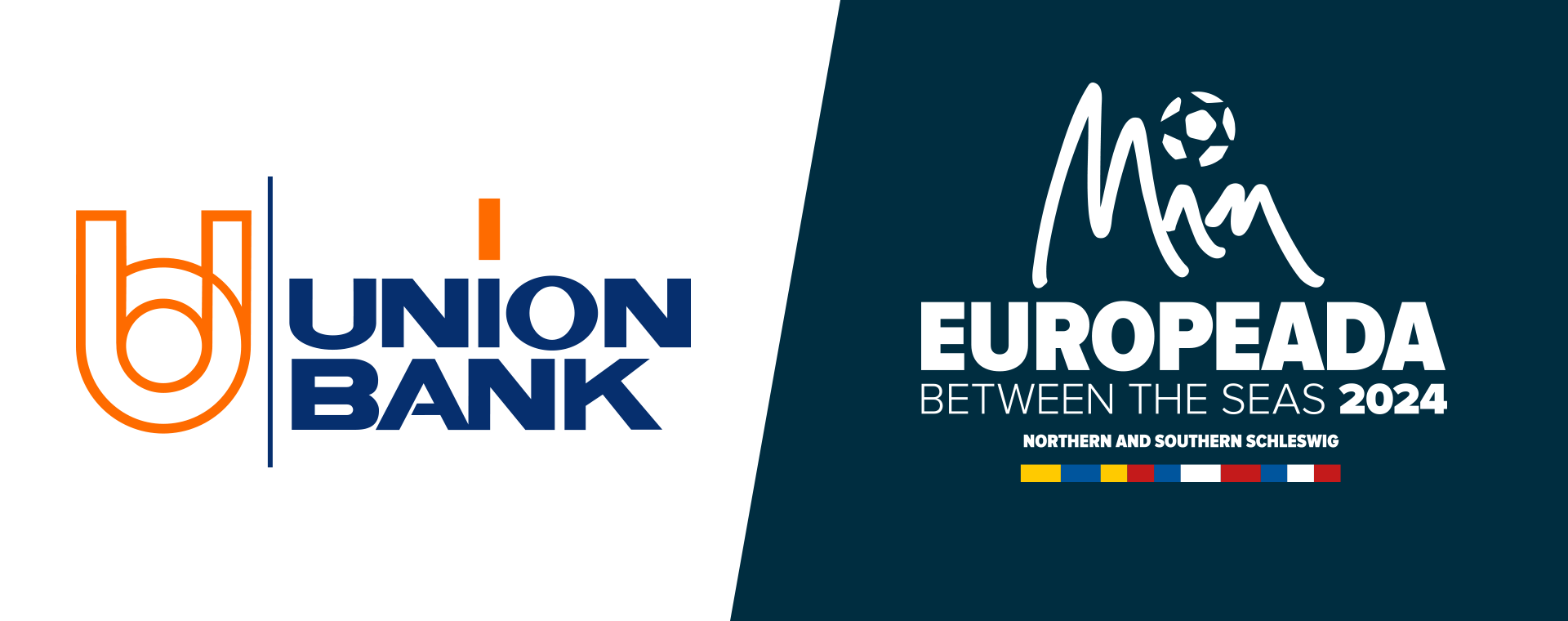
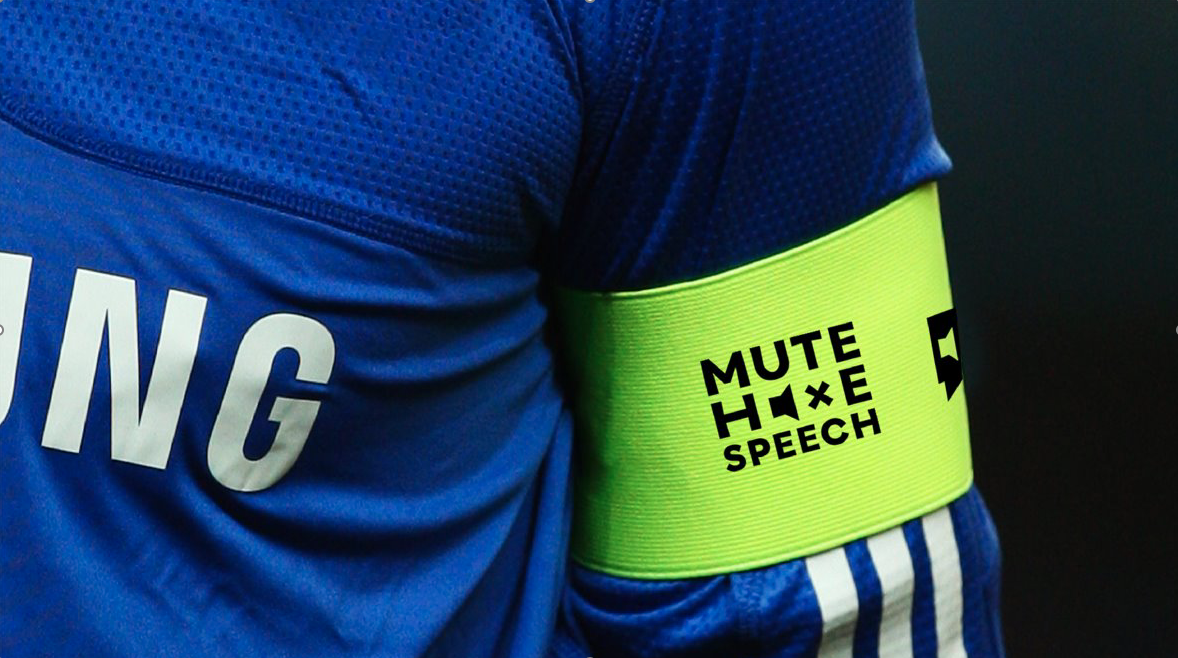
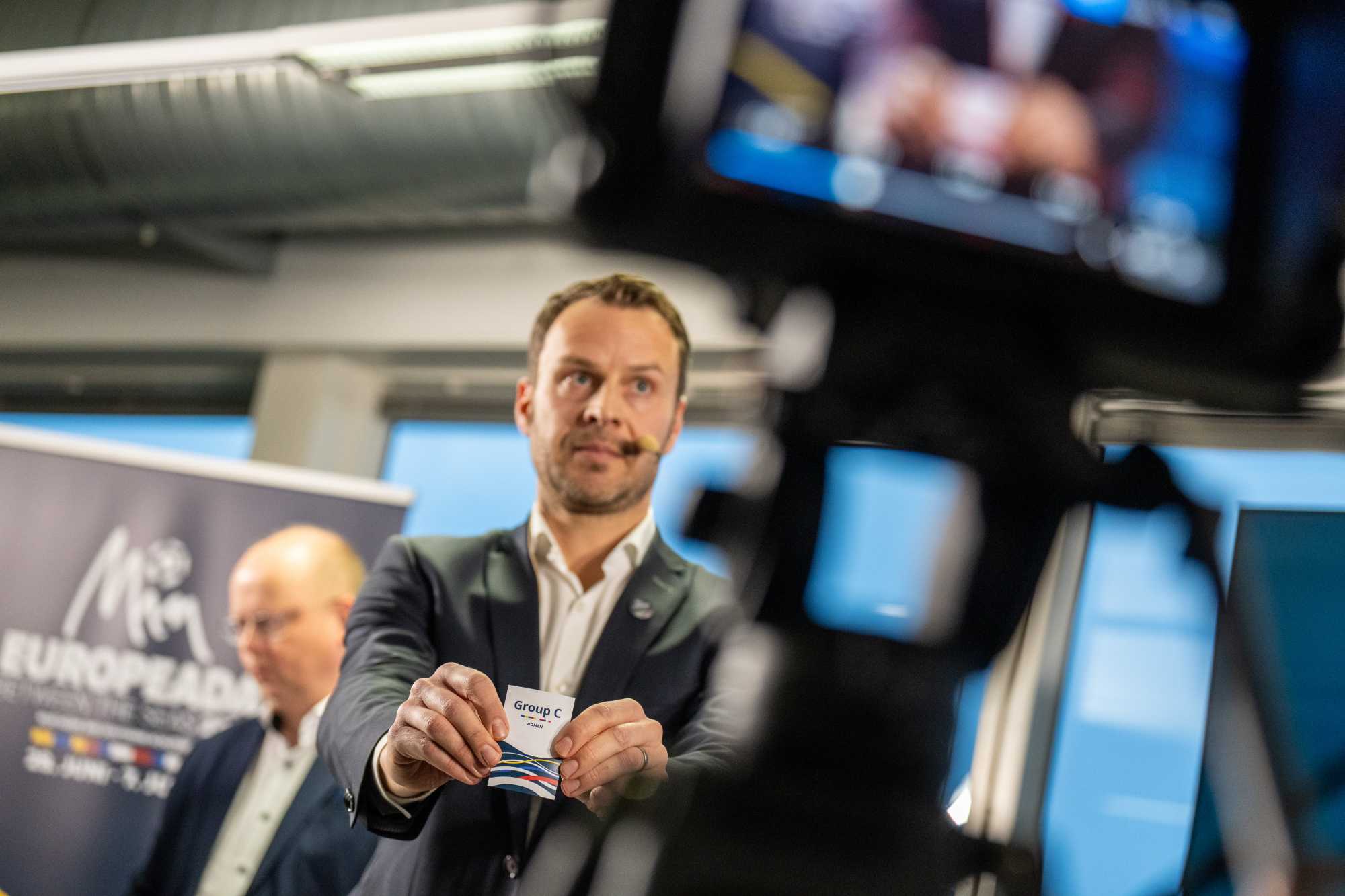
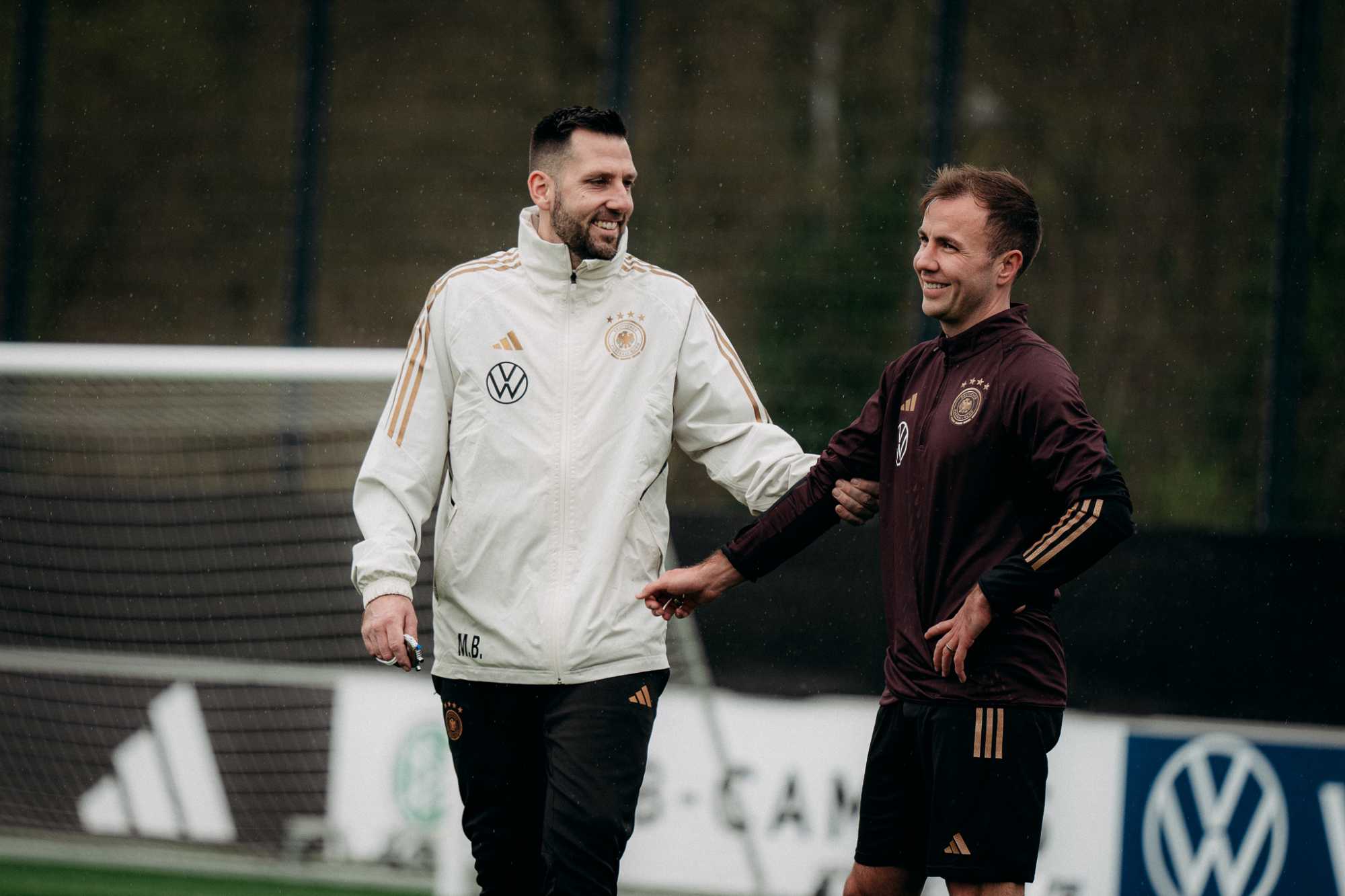
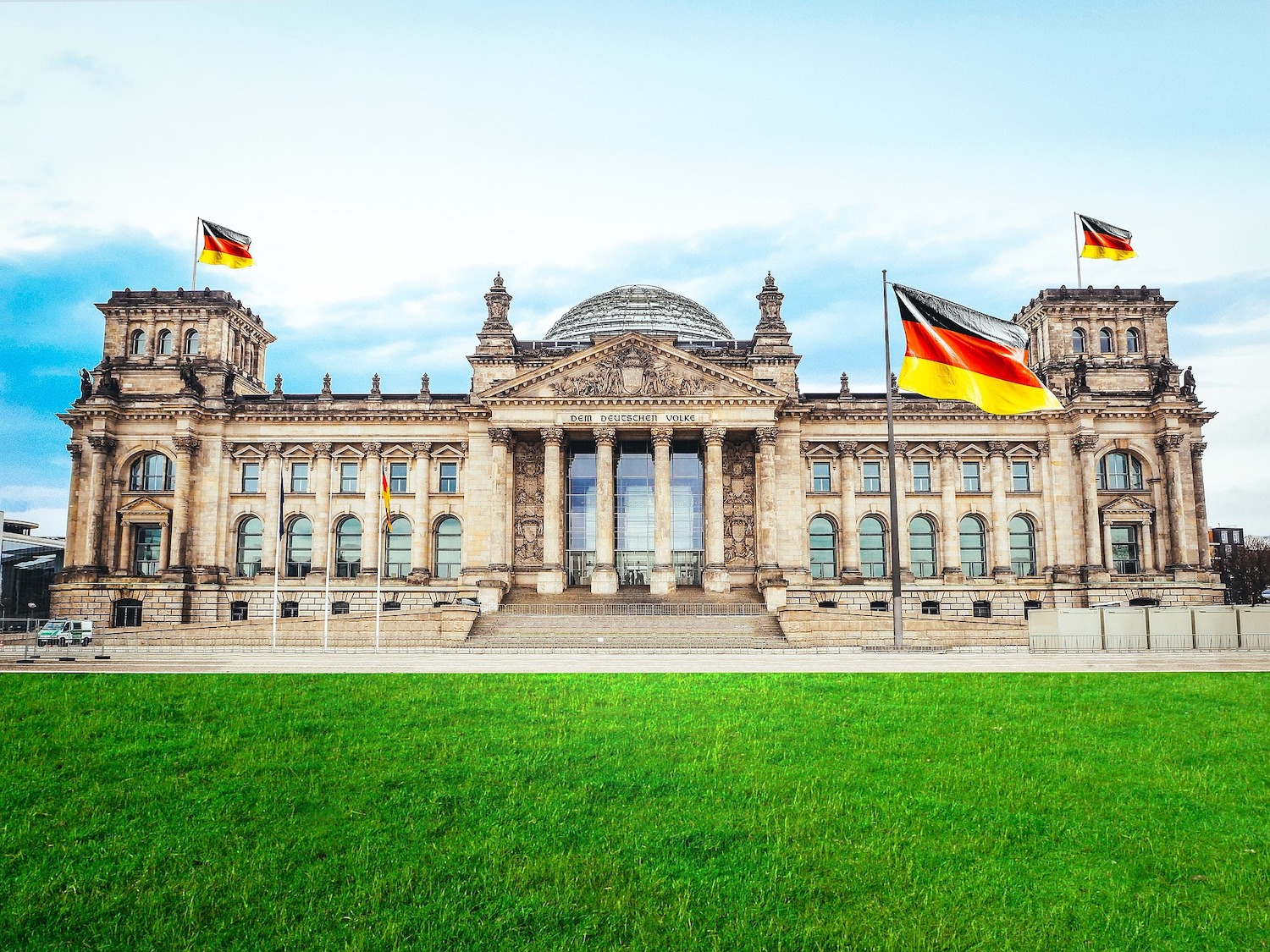
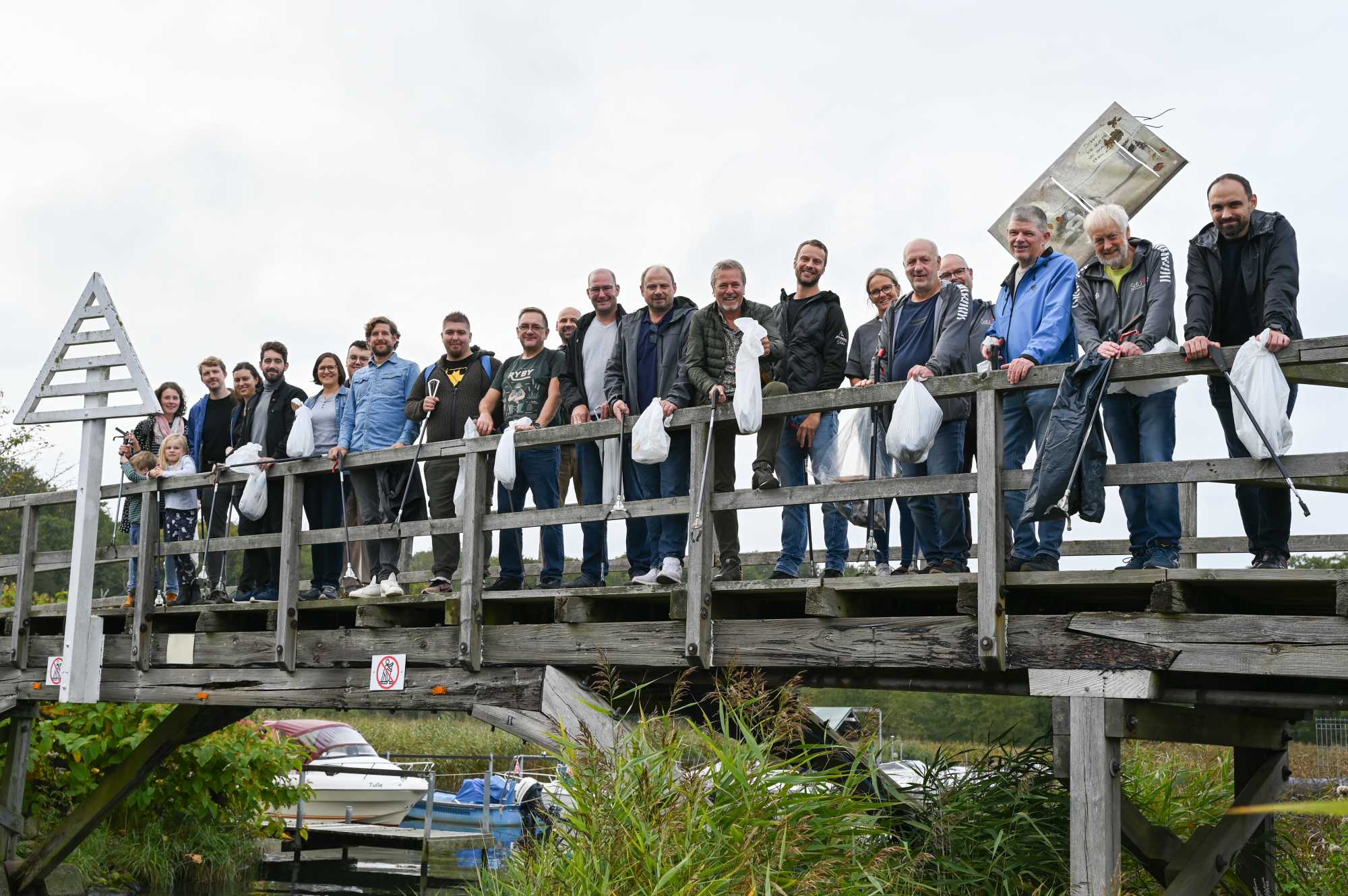
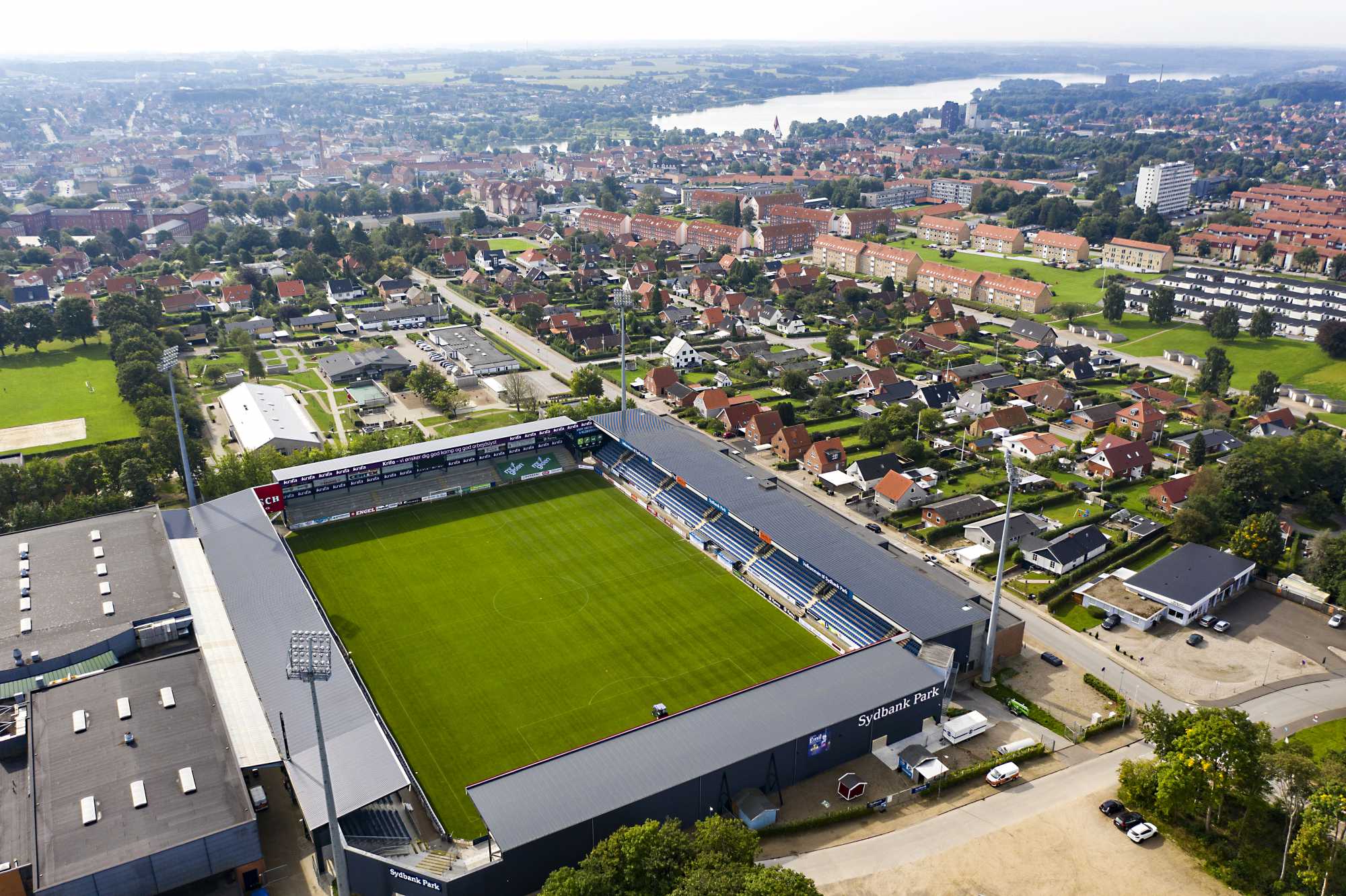
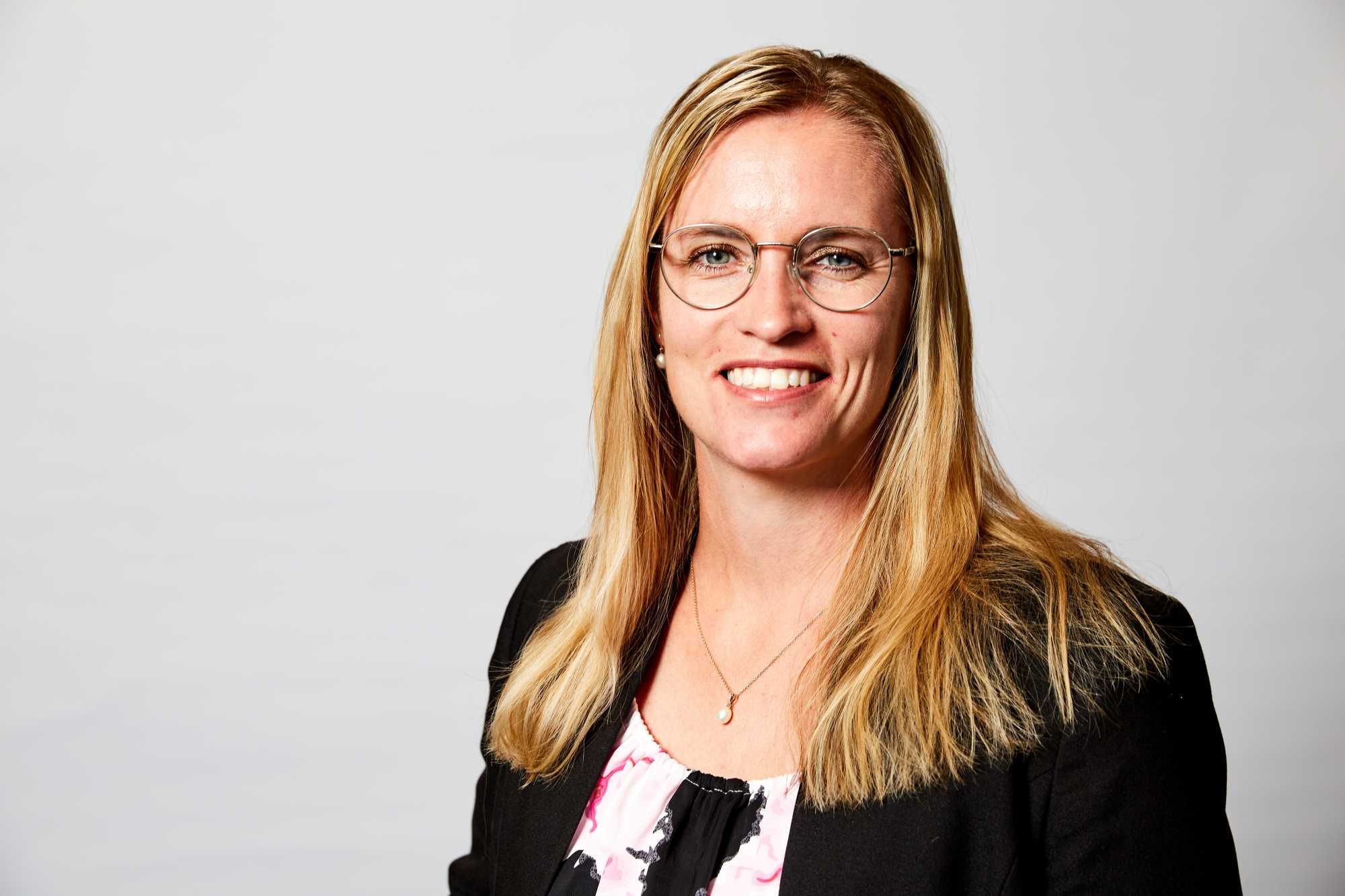
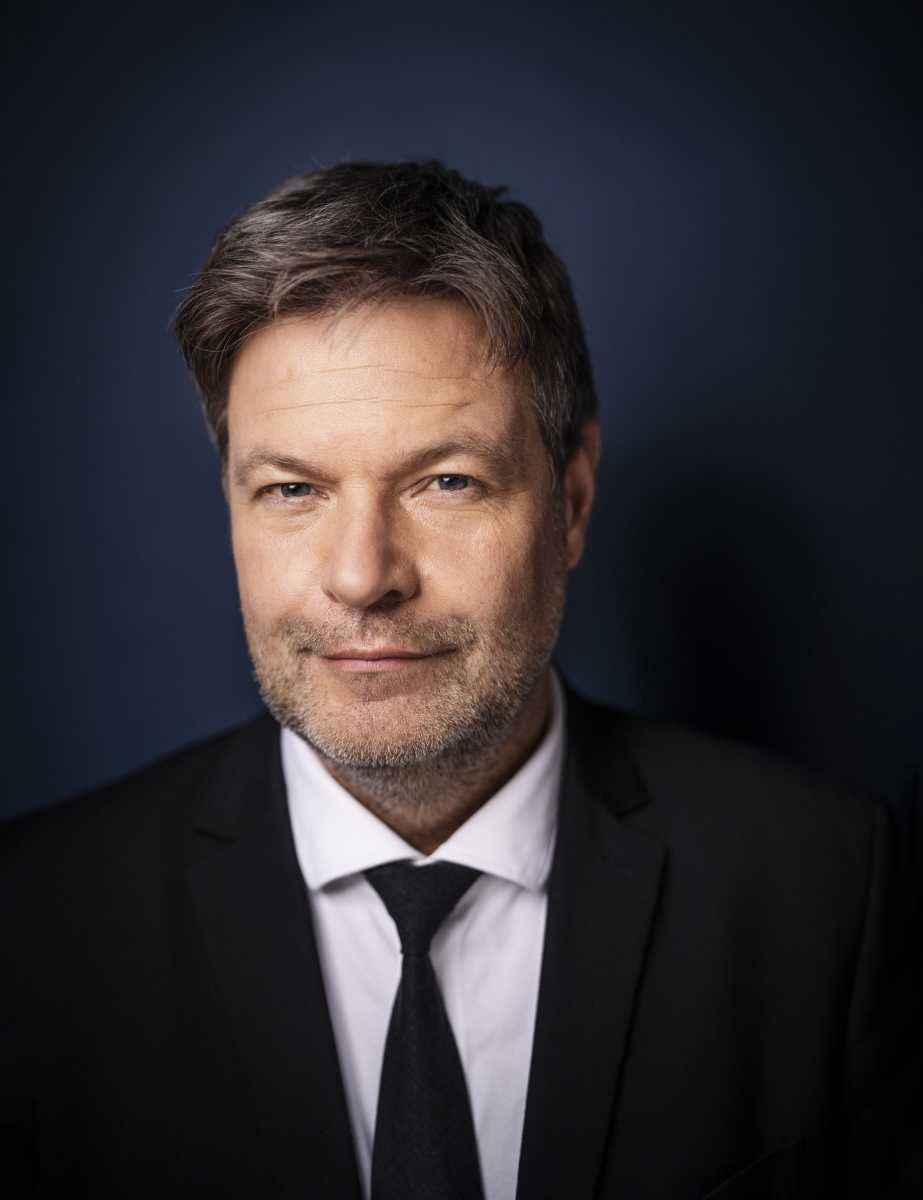
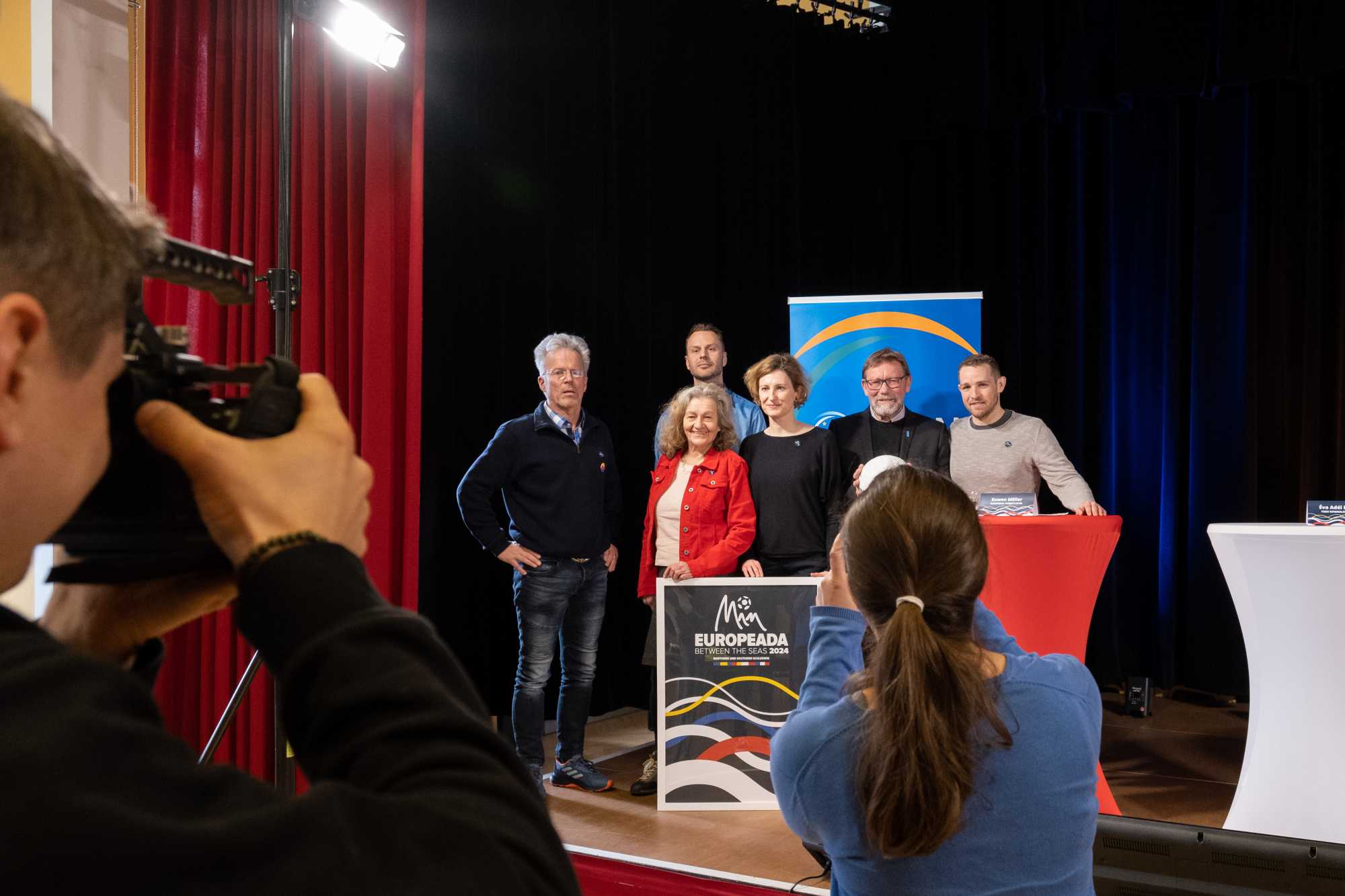



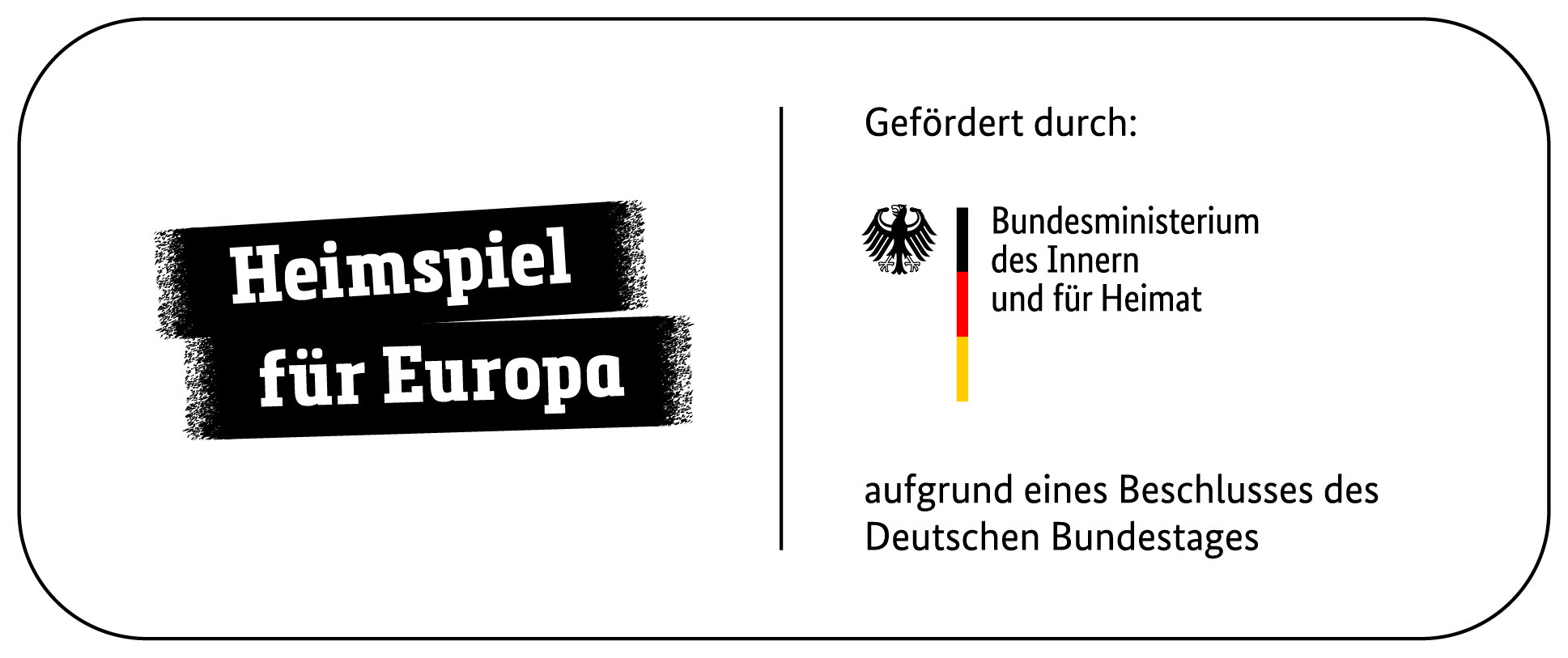
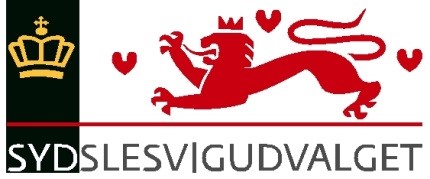



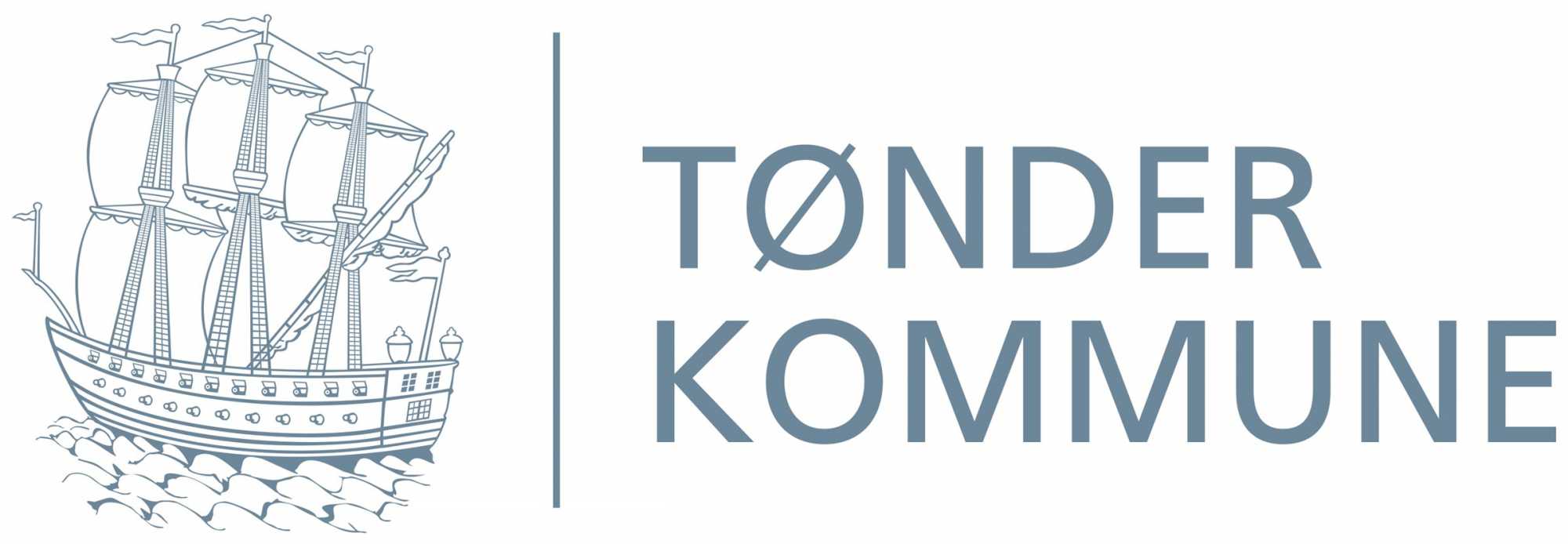
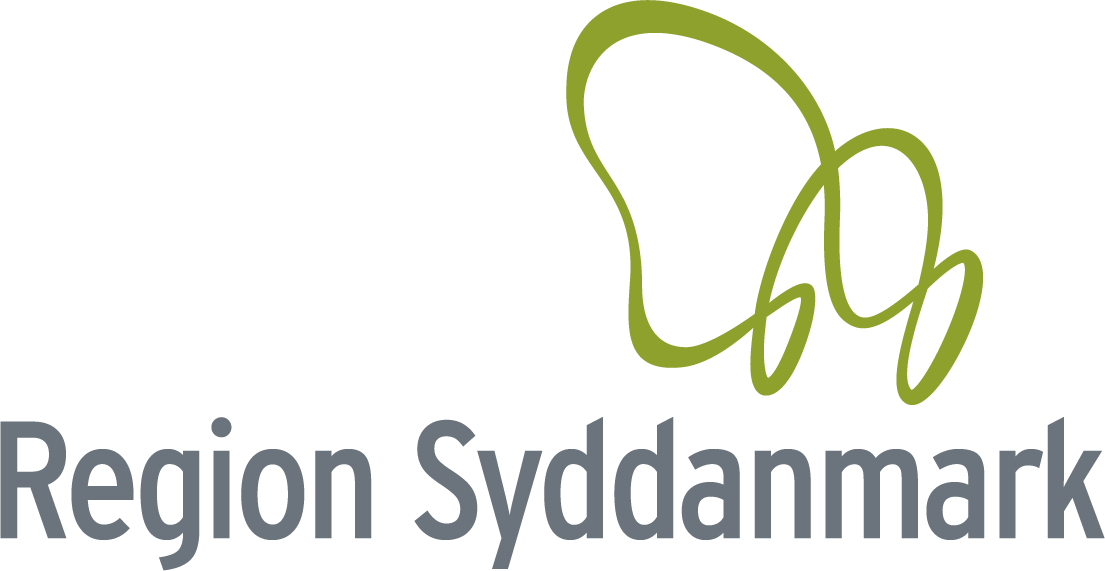
.png)



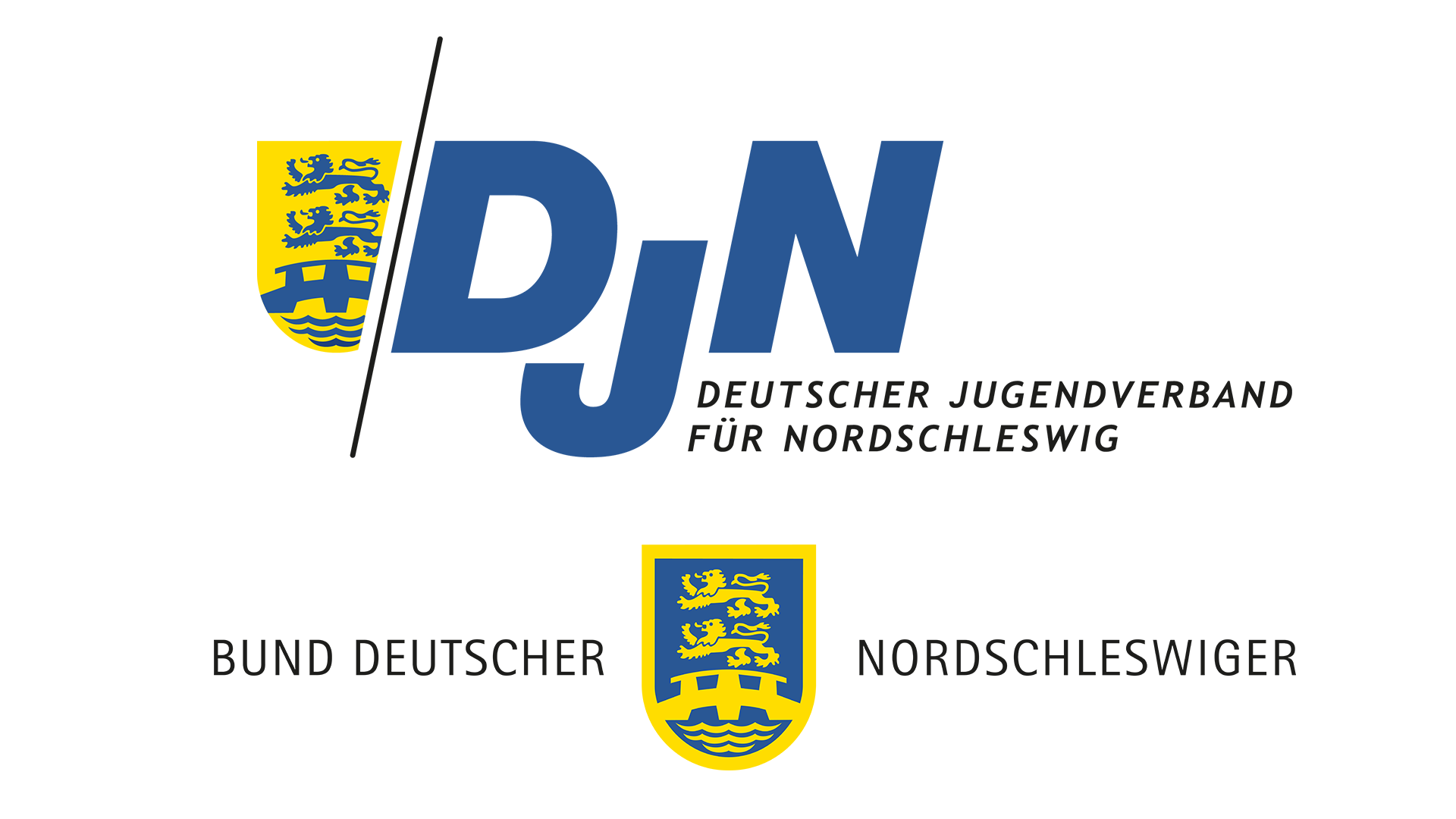
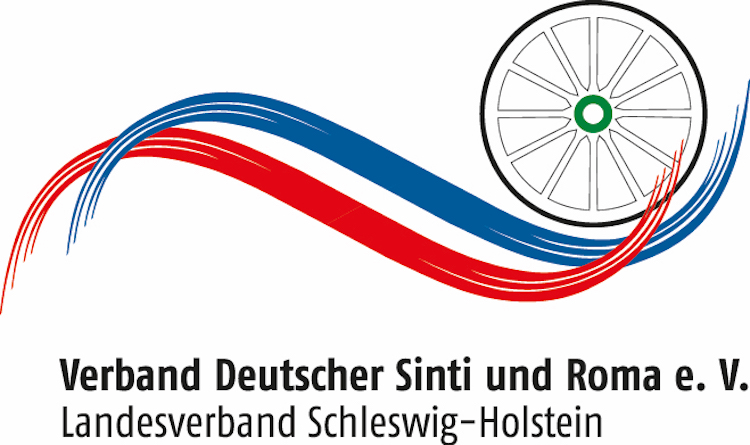

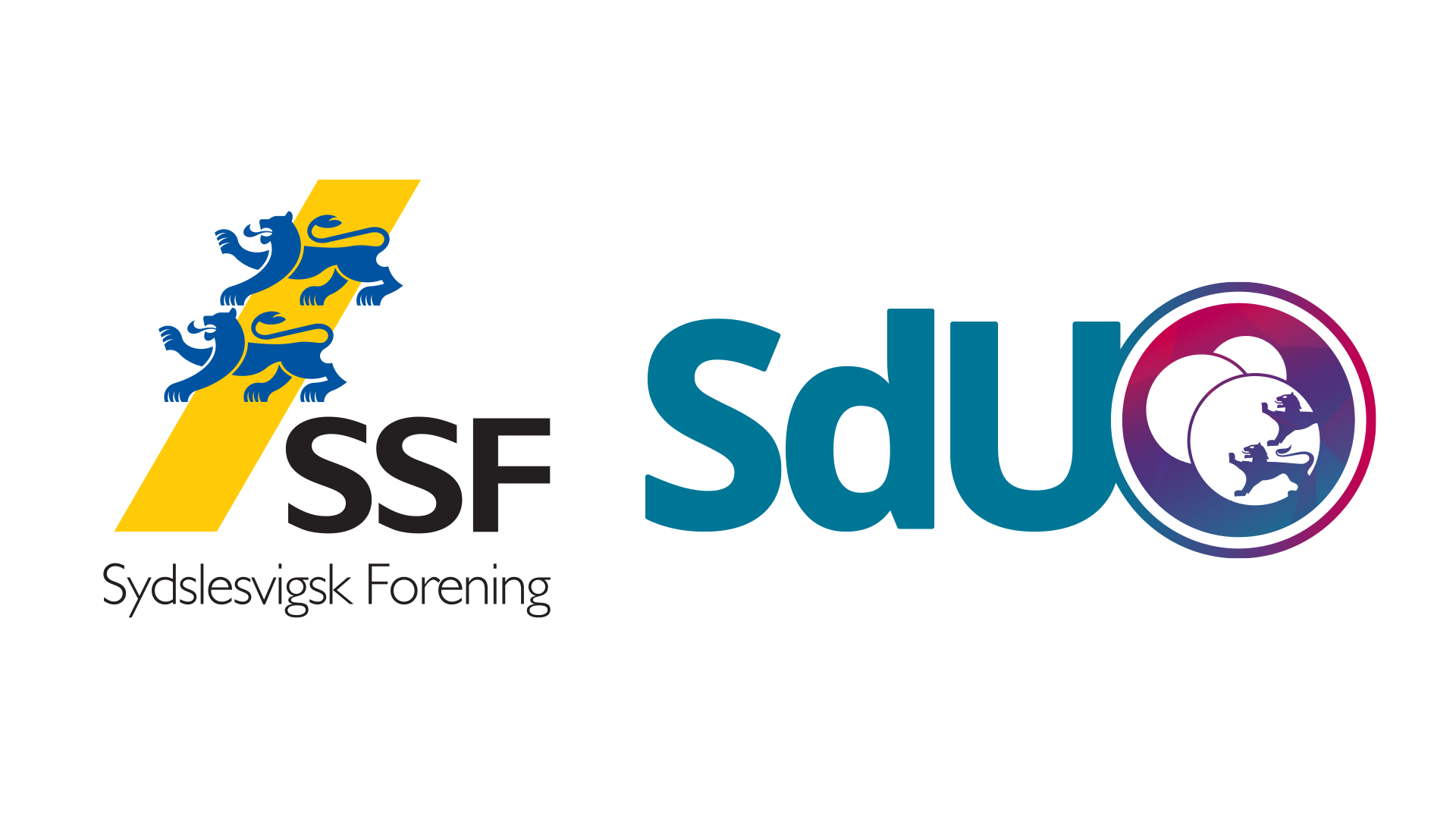
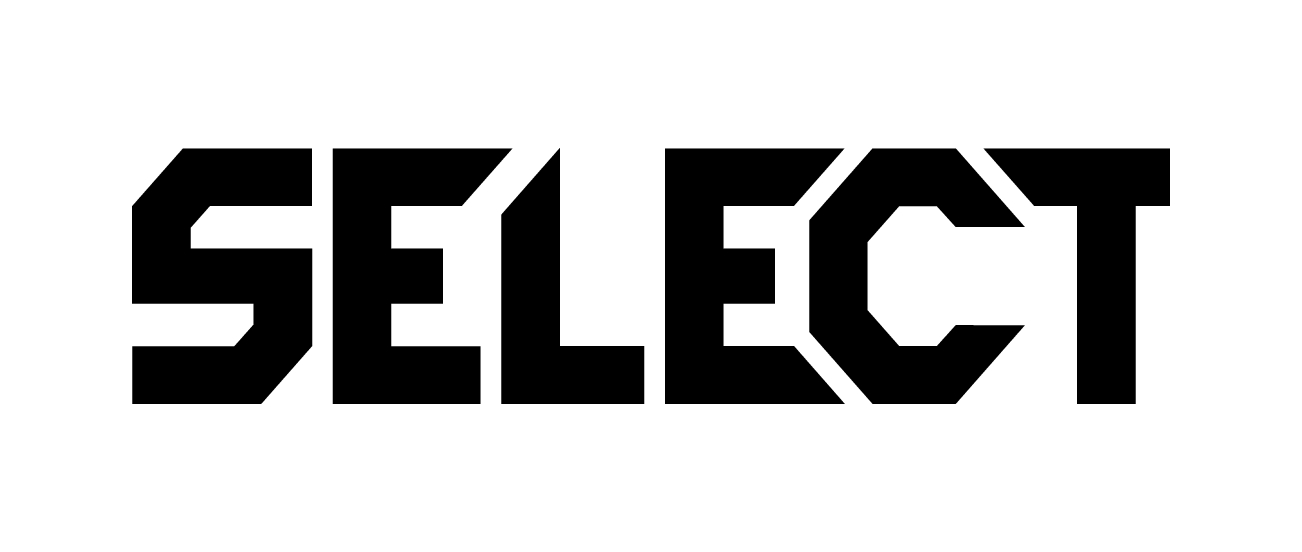

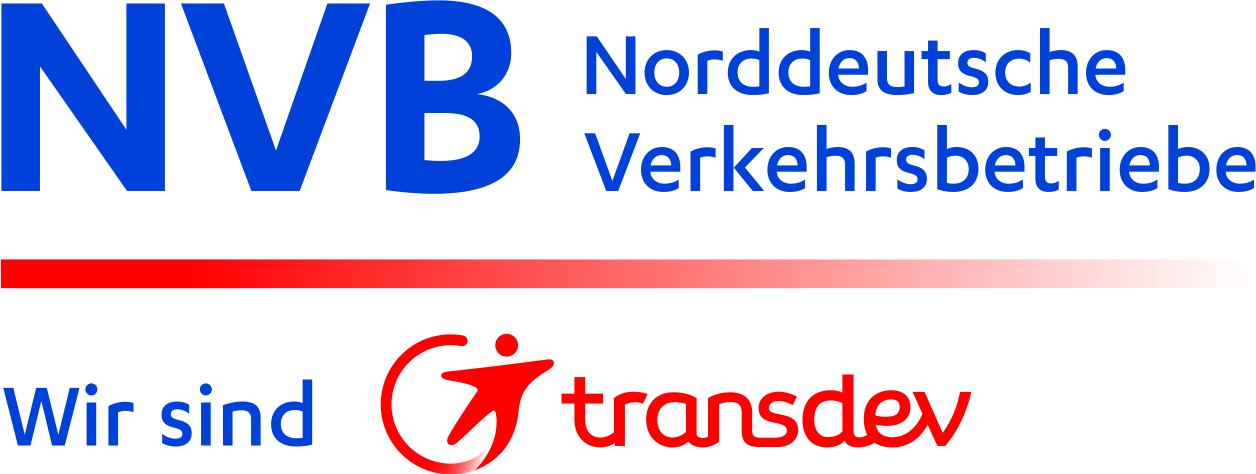

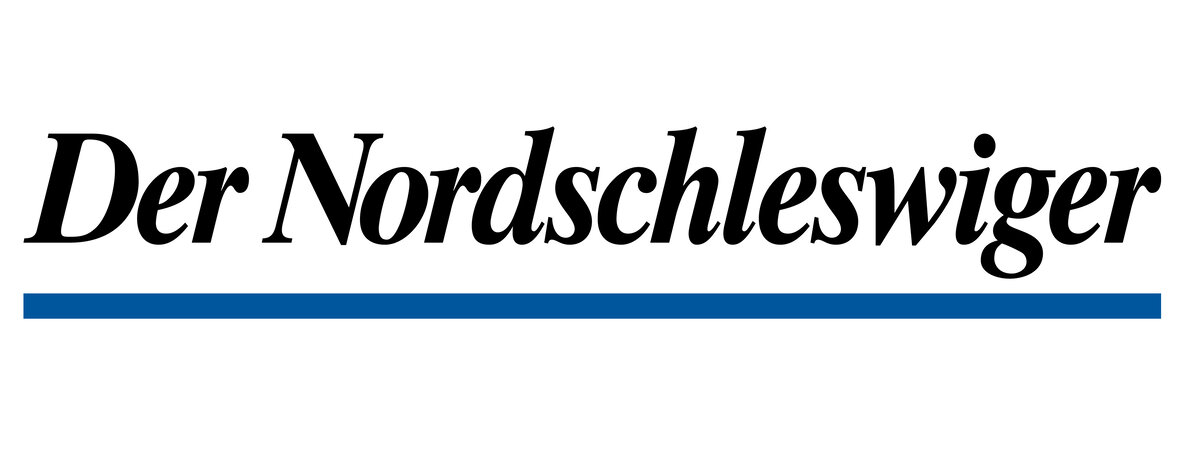




-1.png)
_(1).png)
